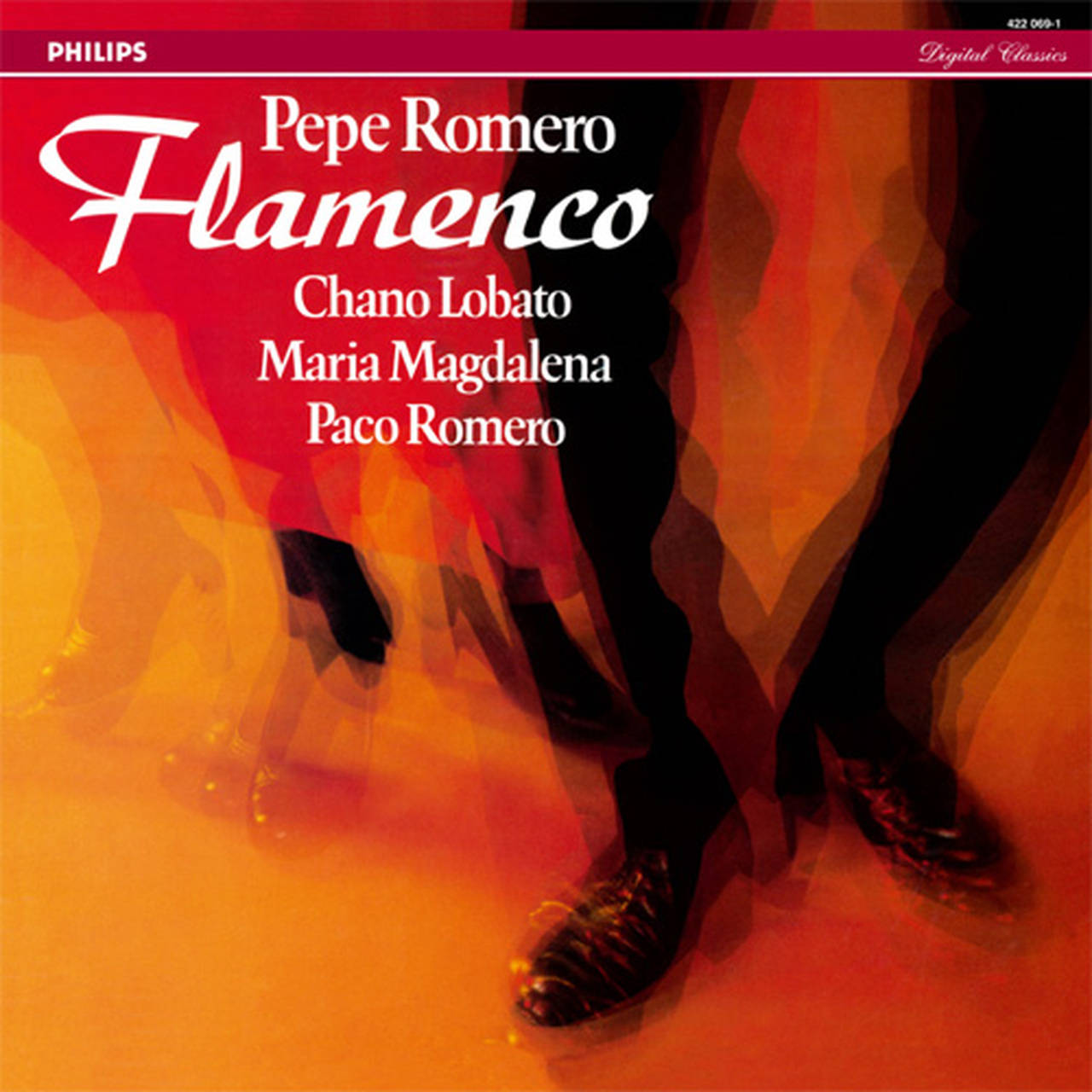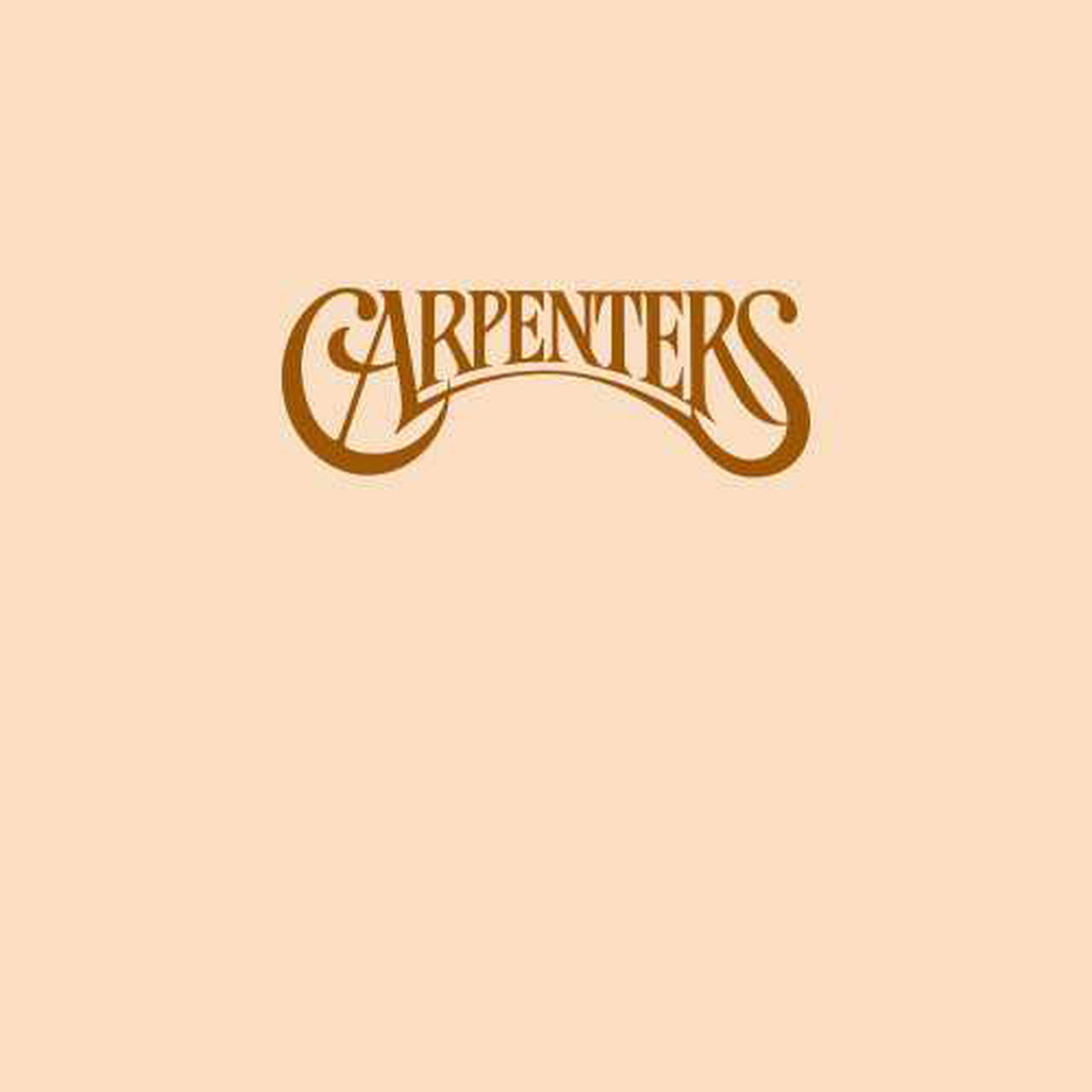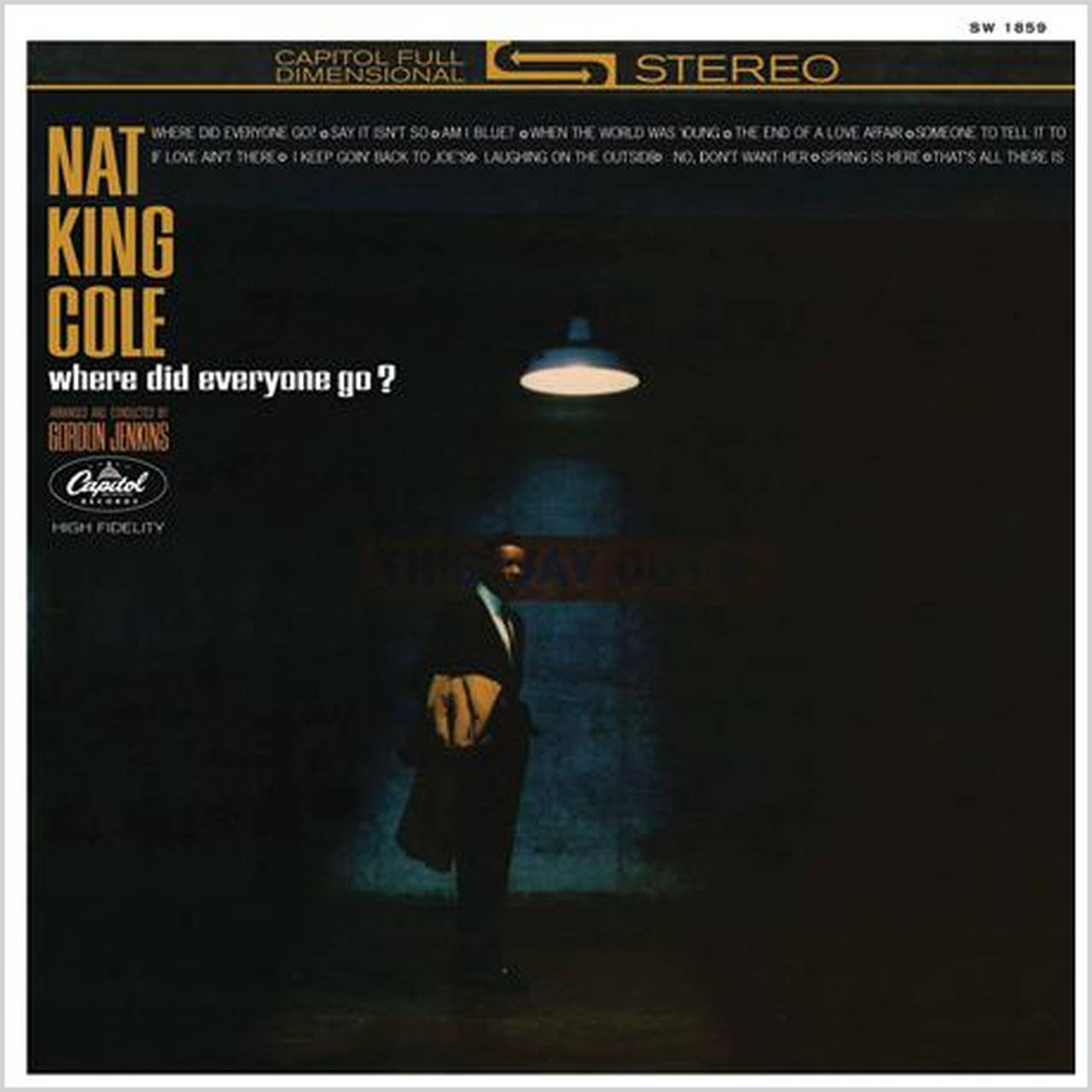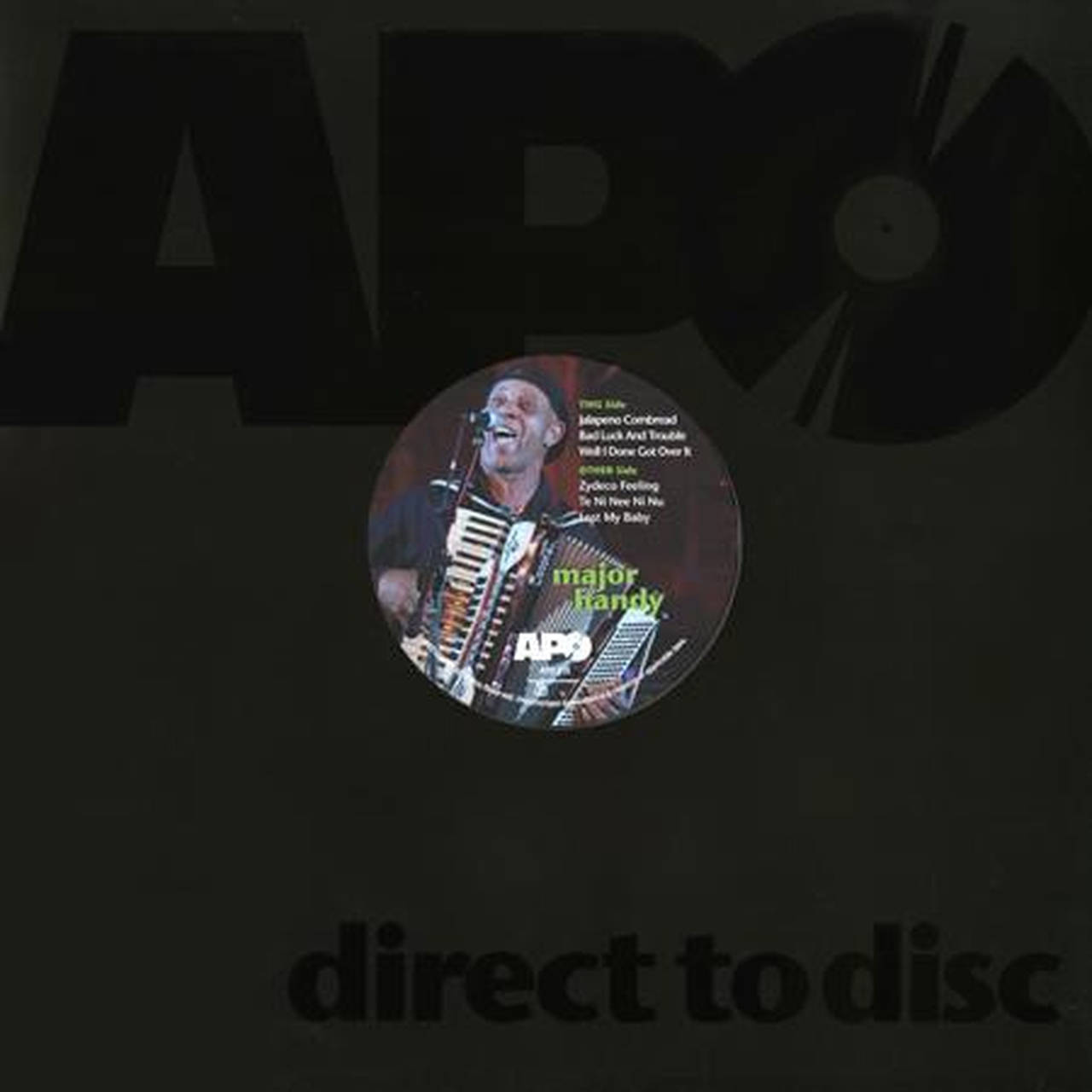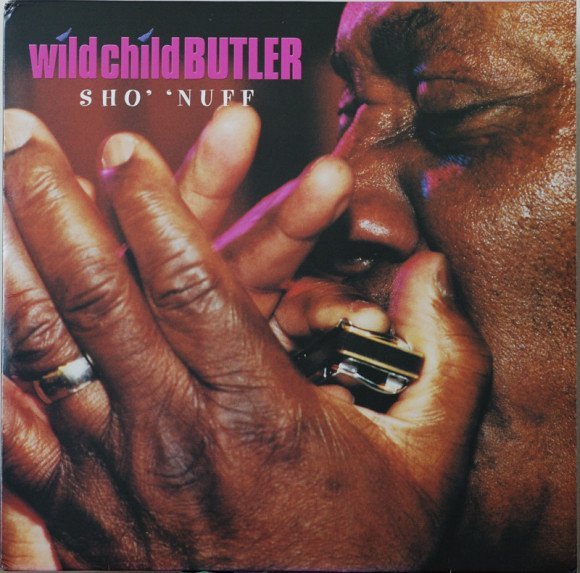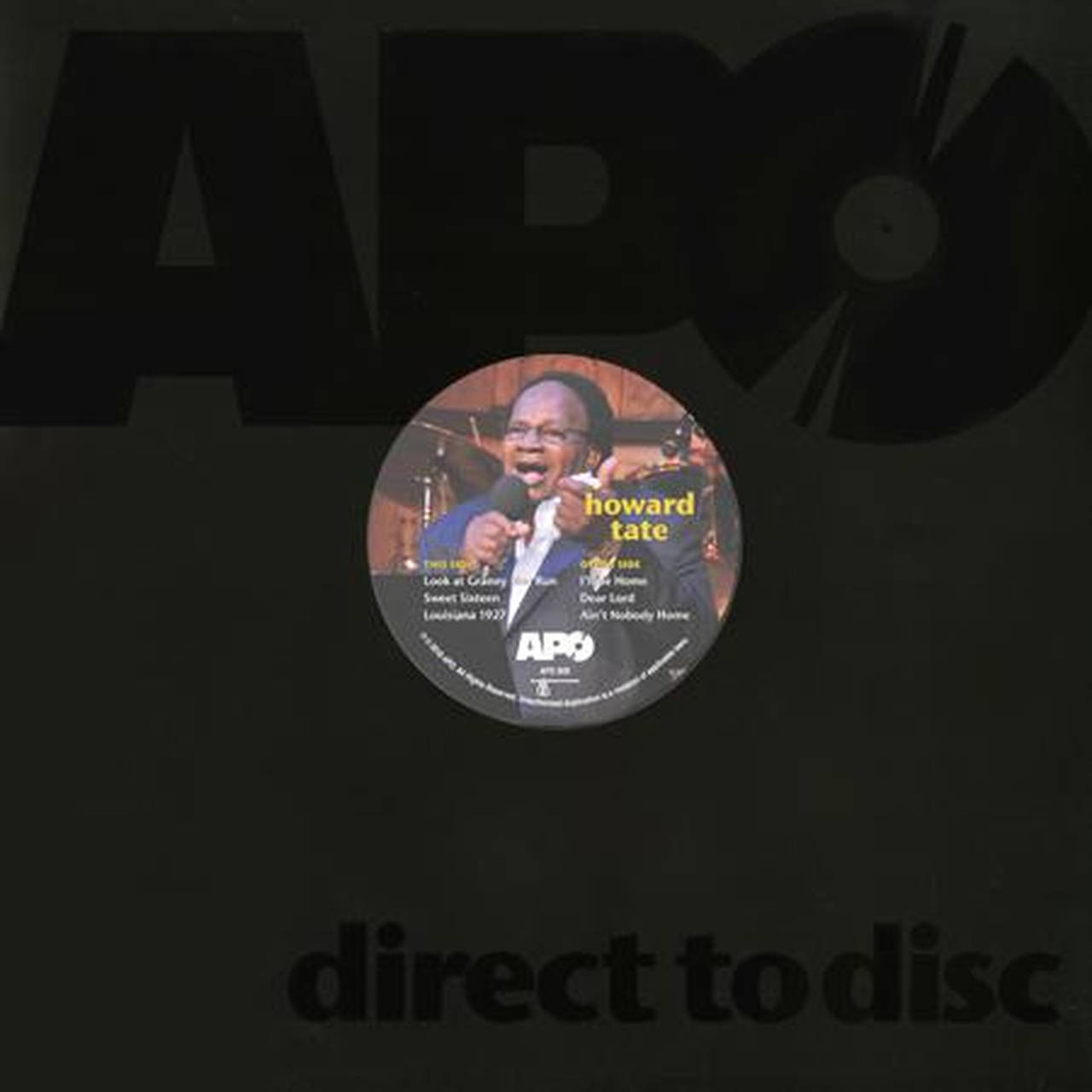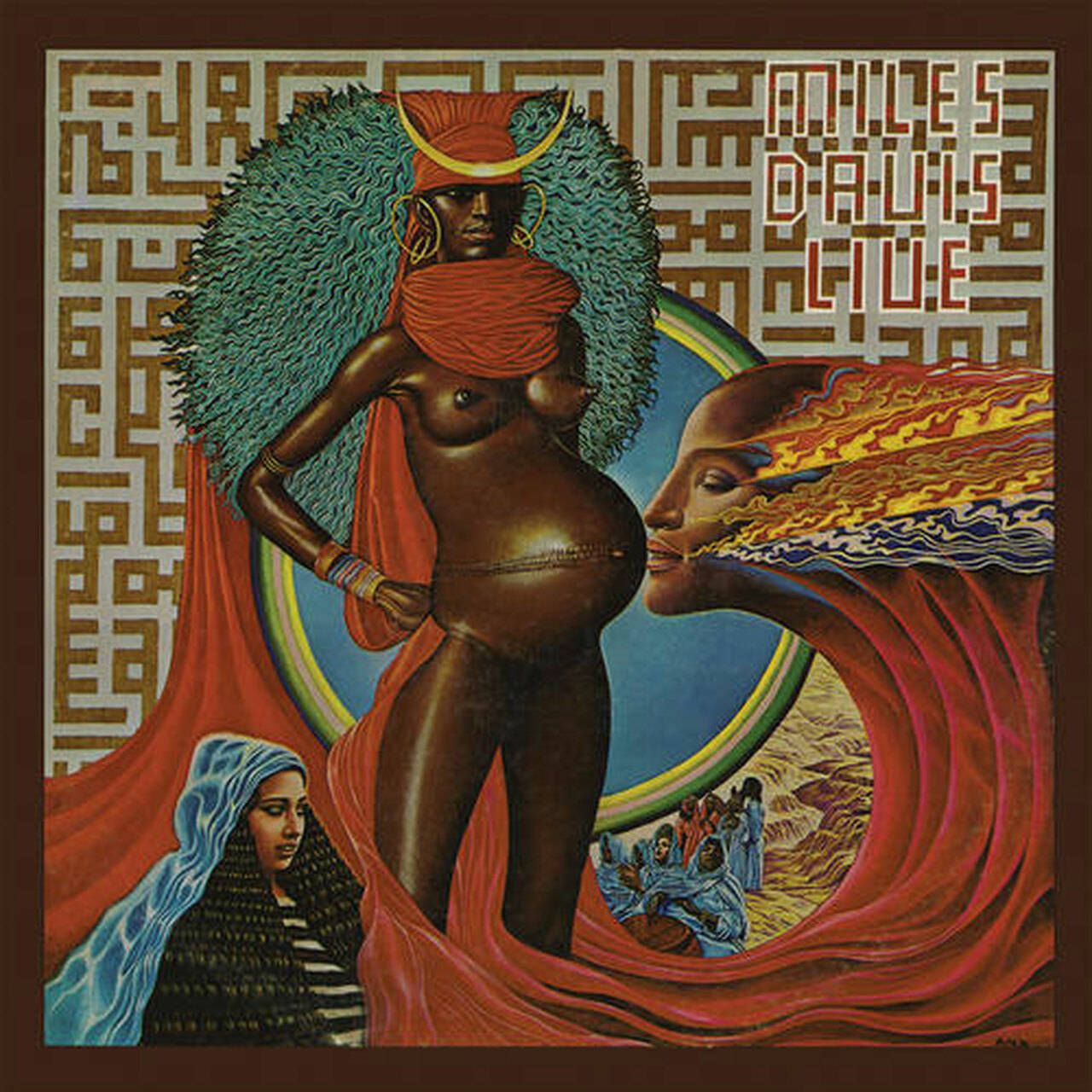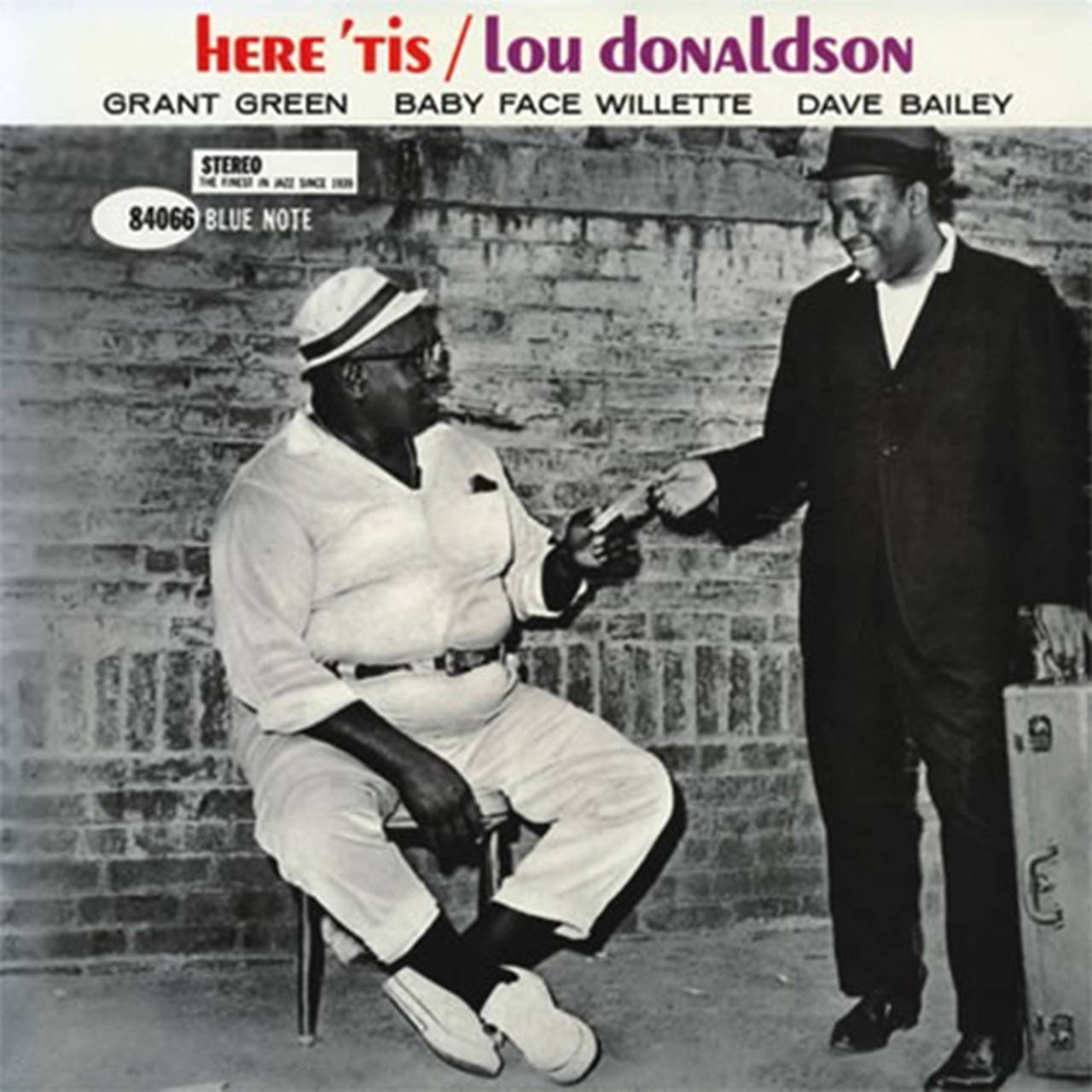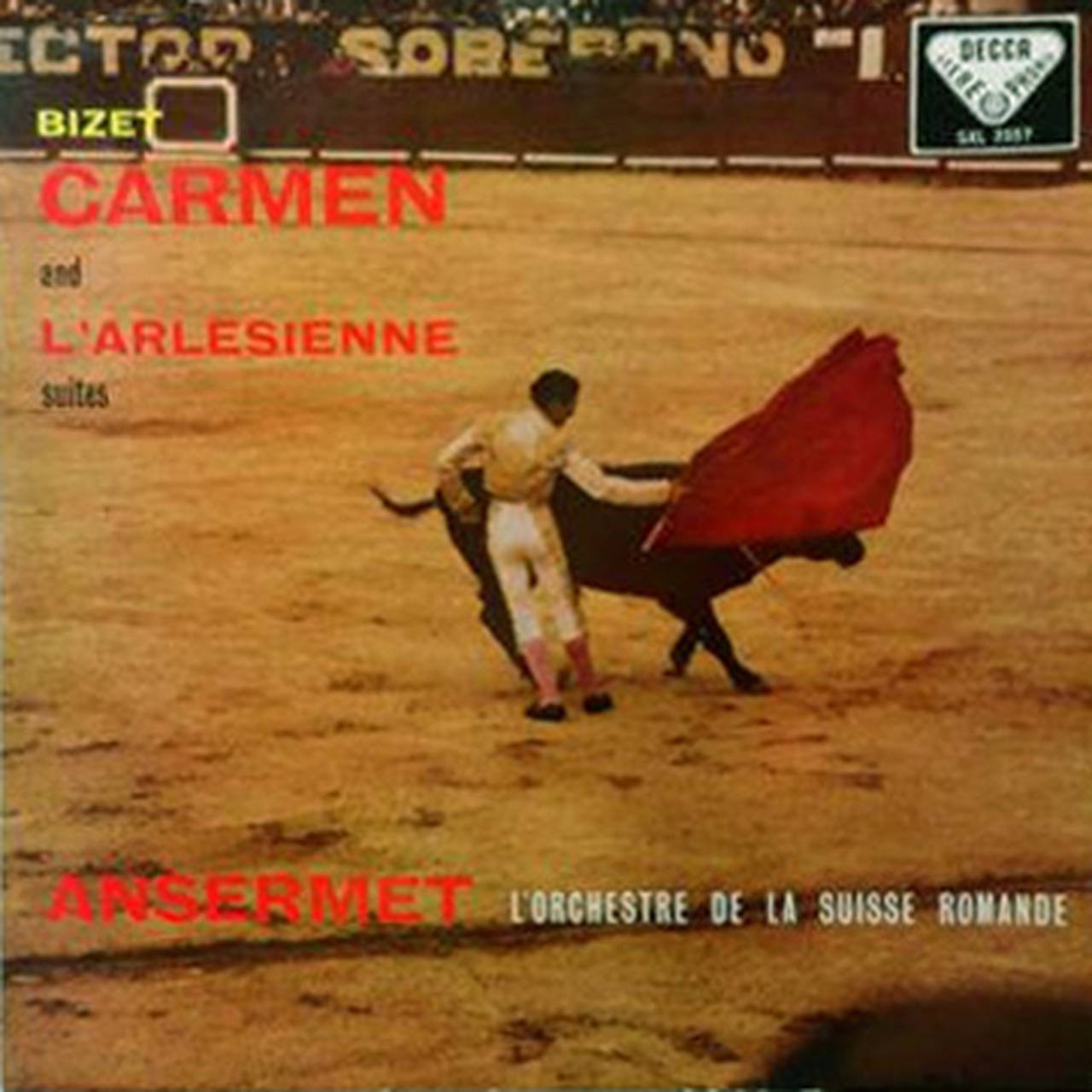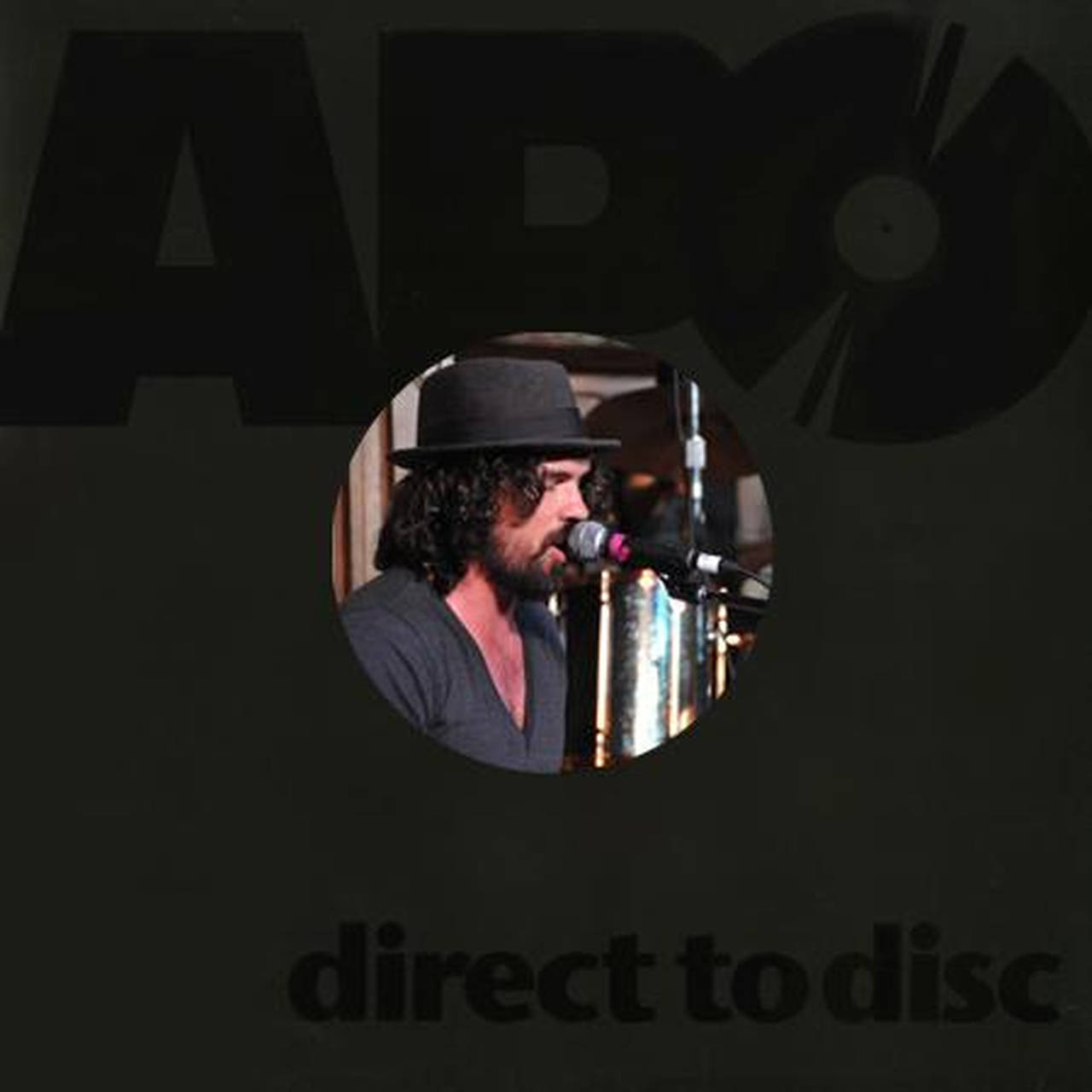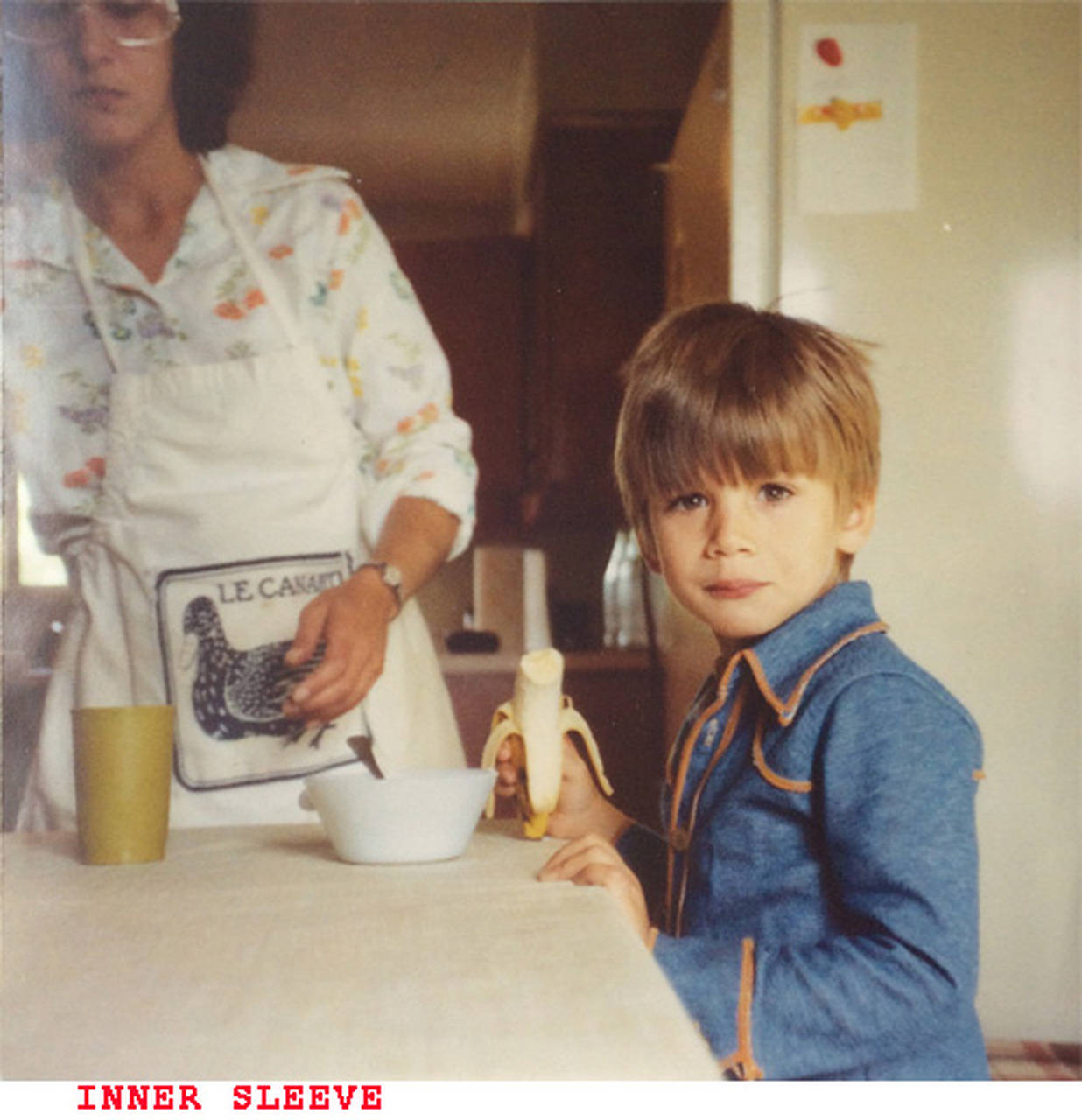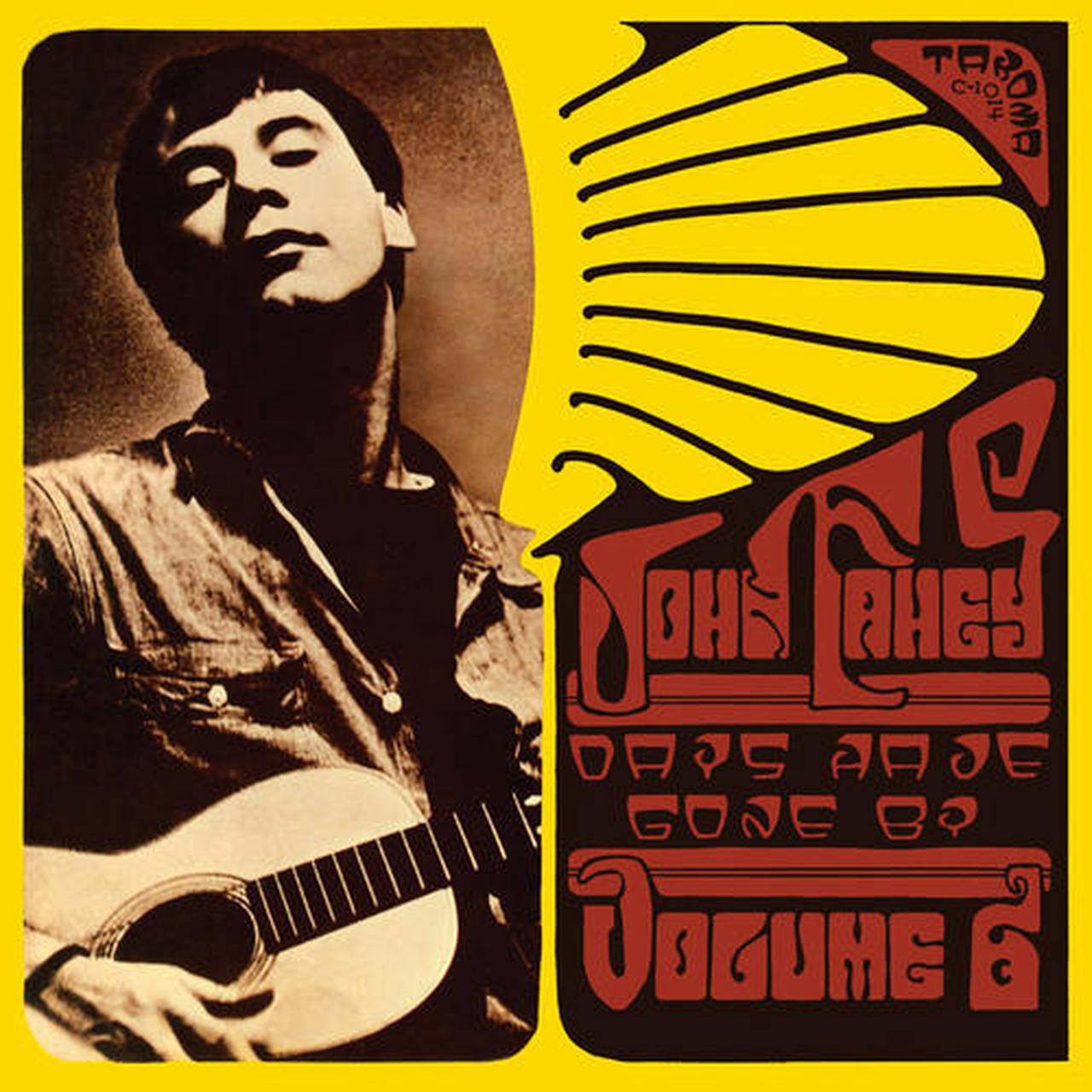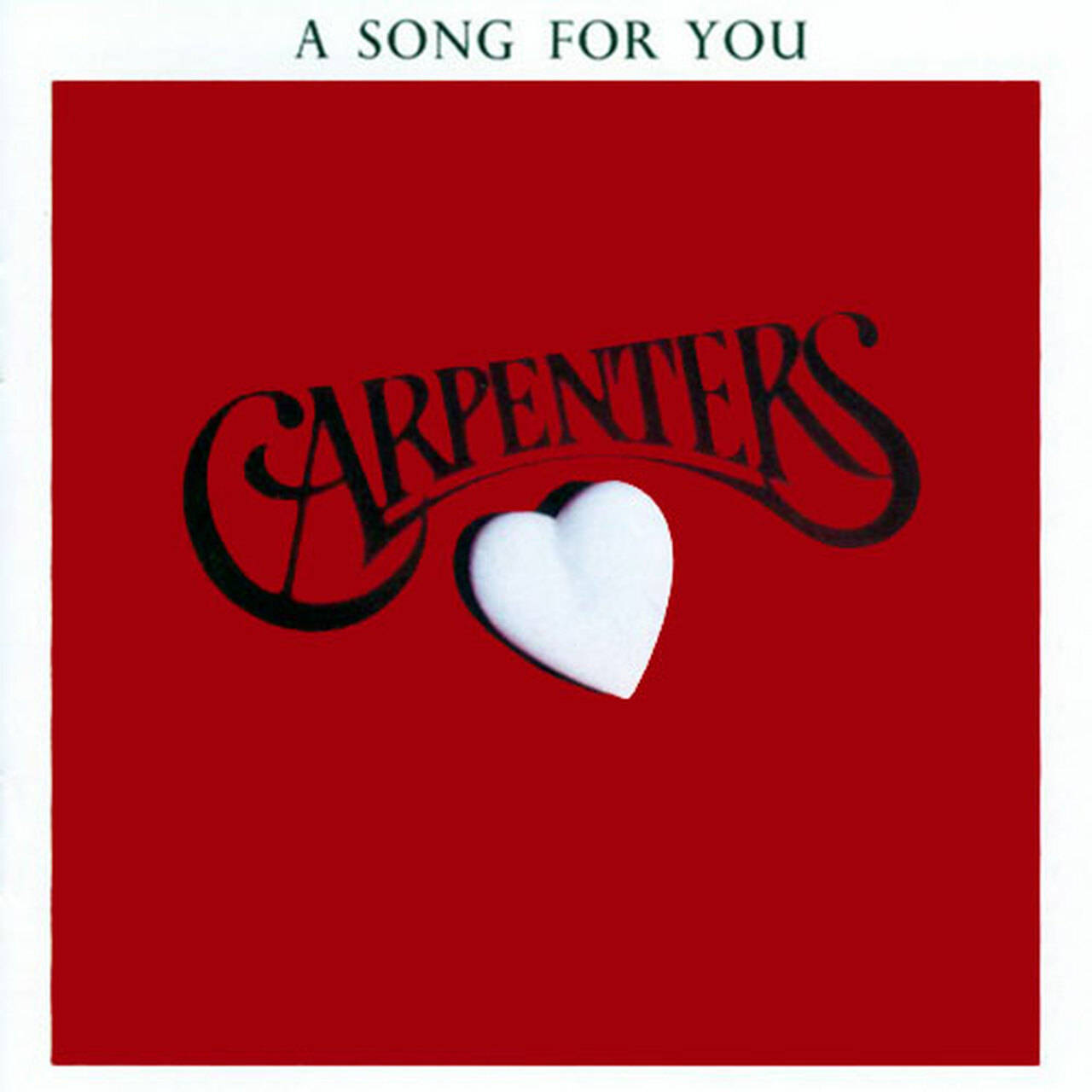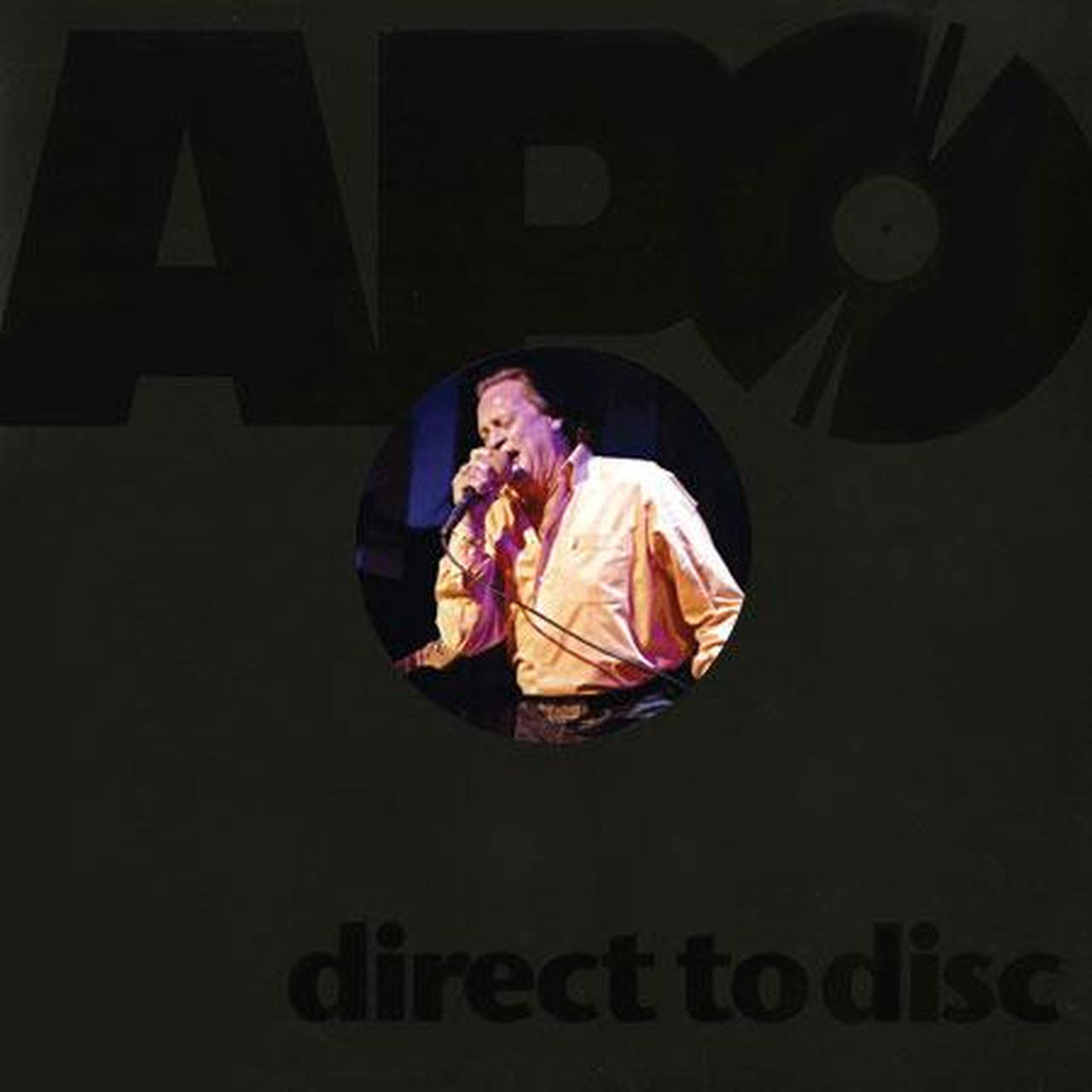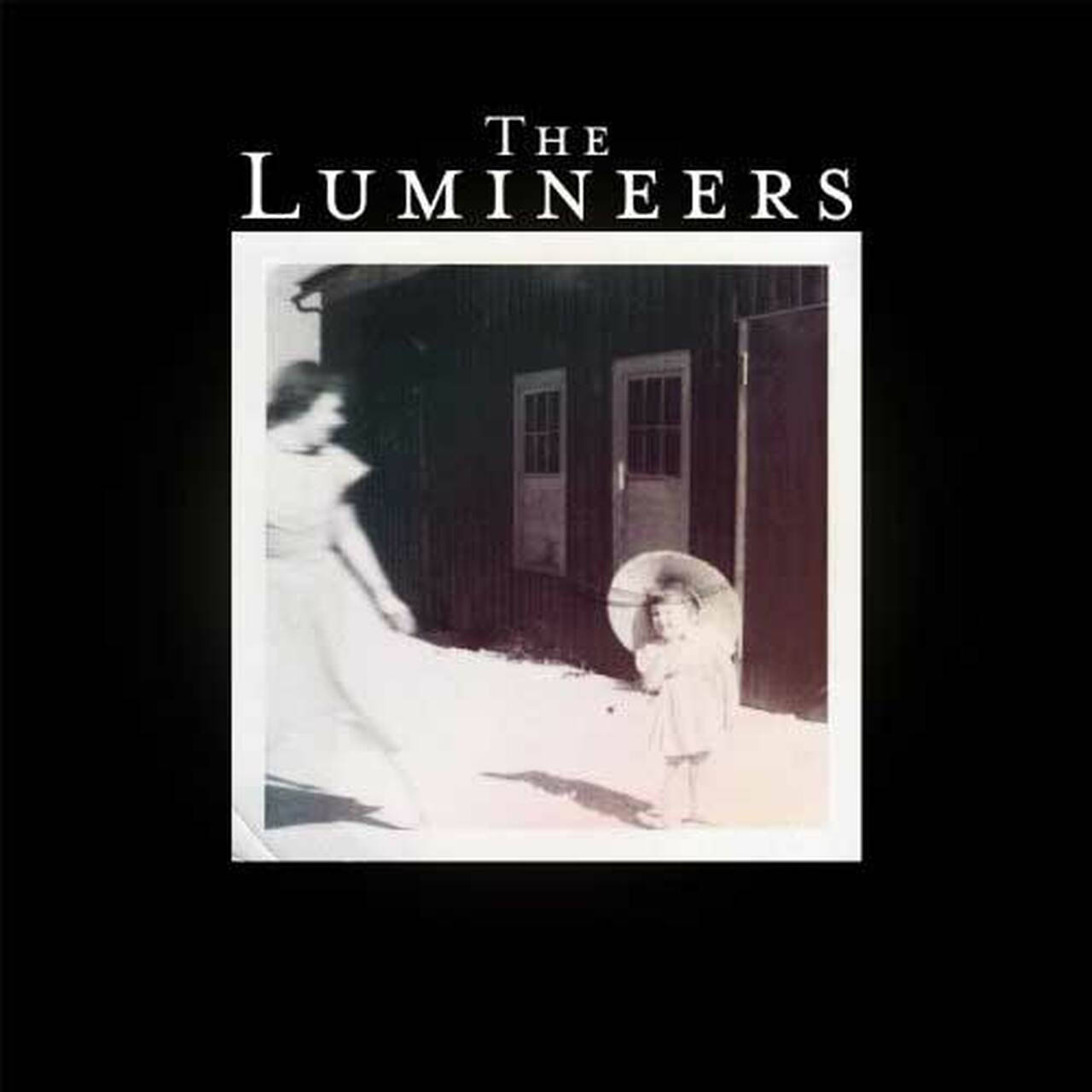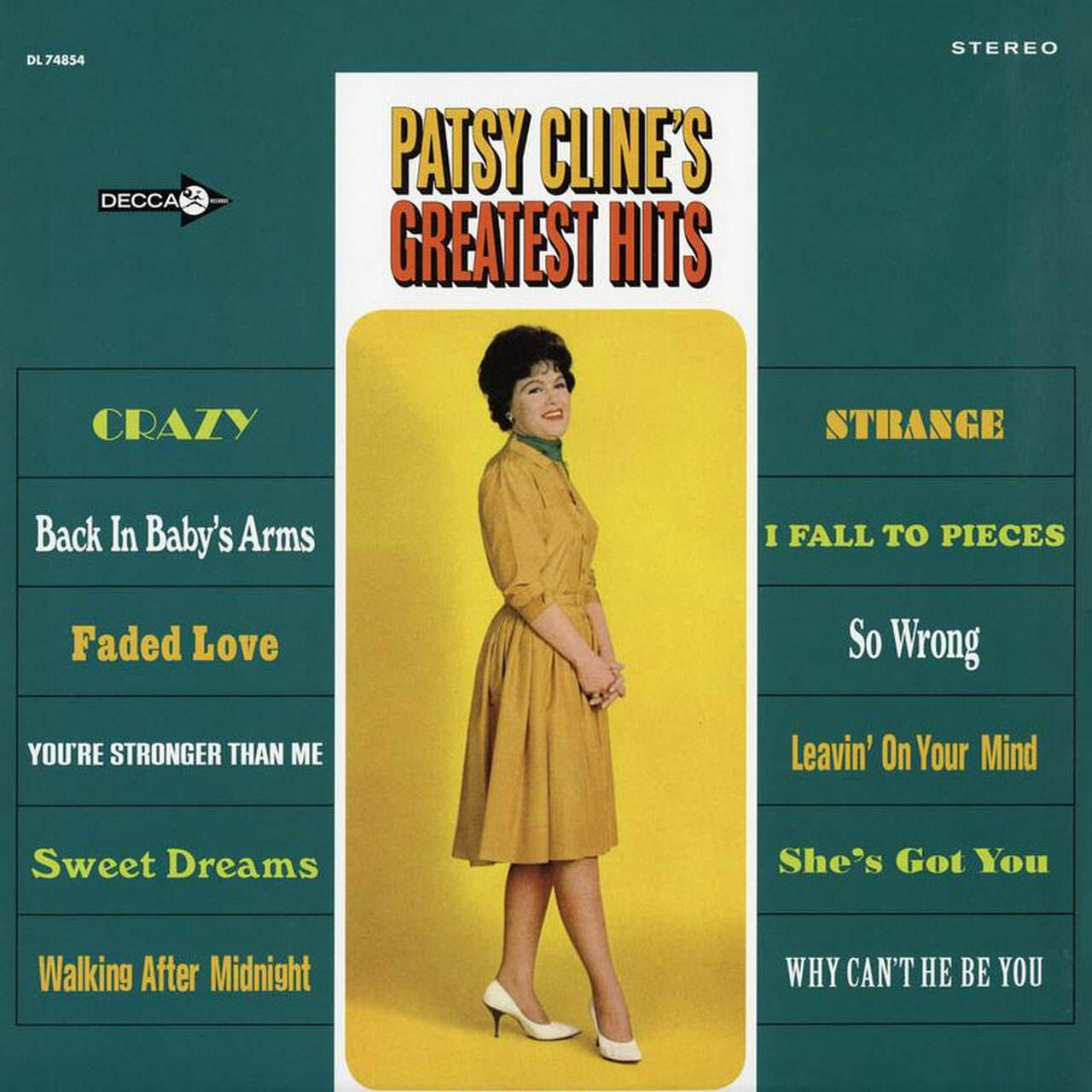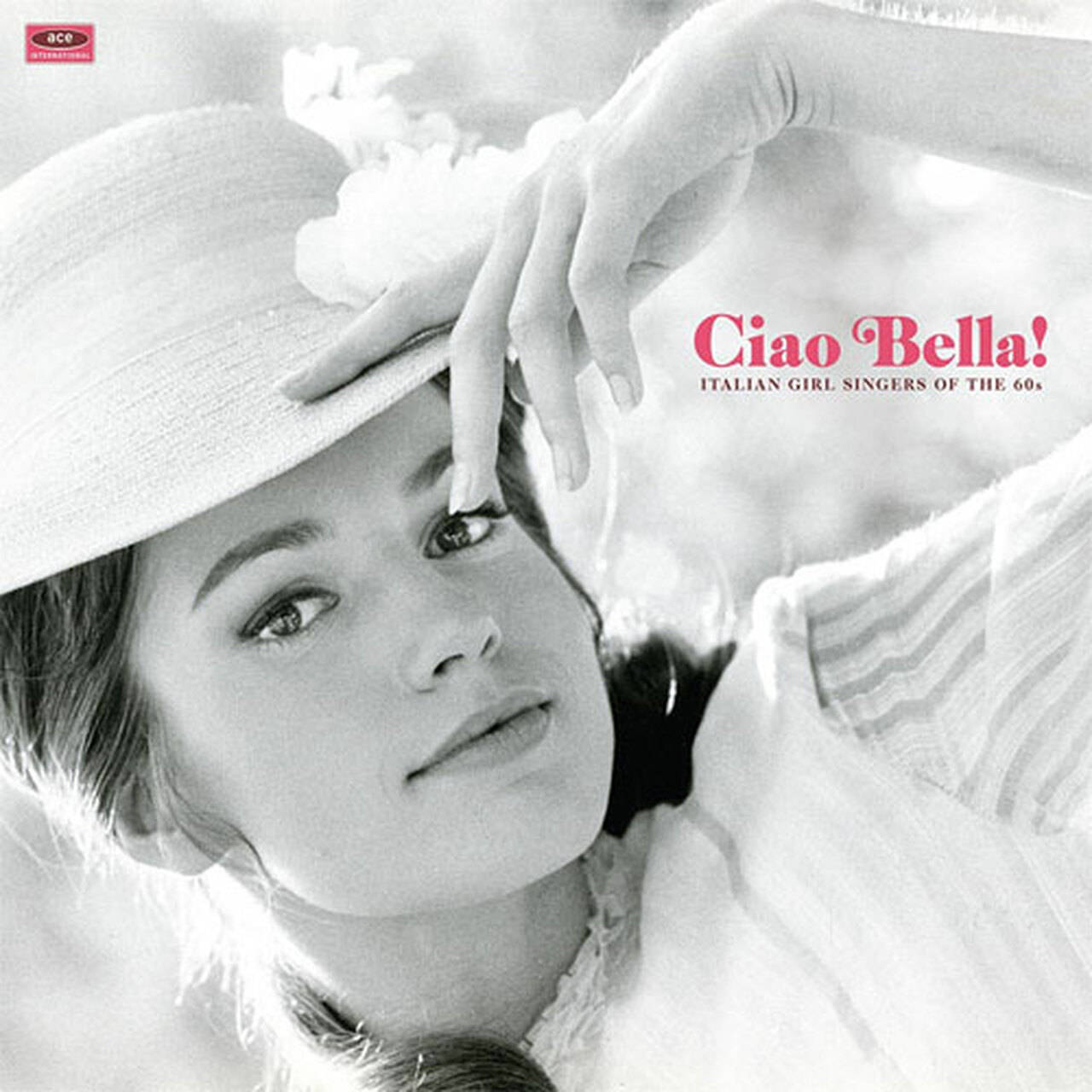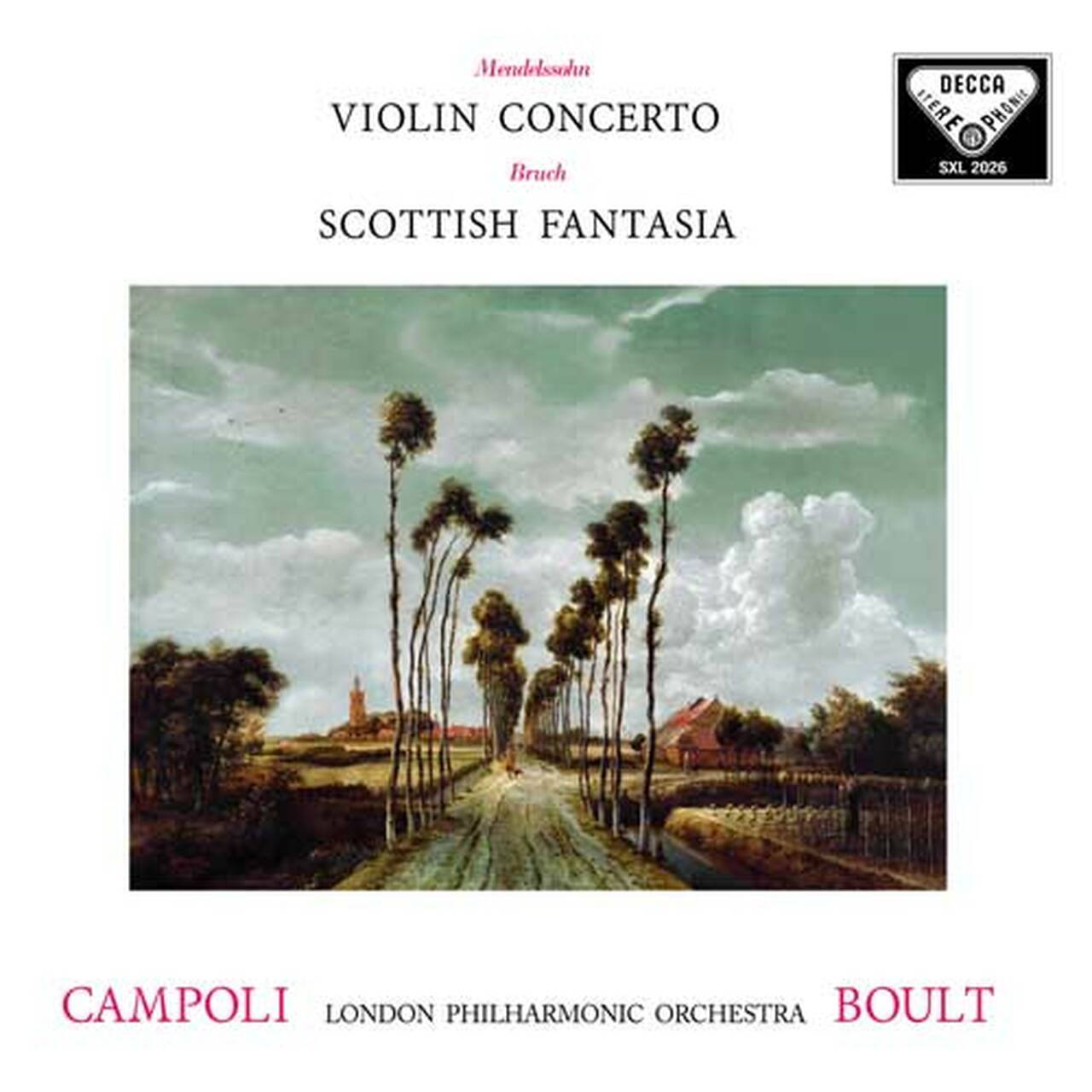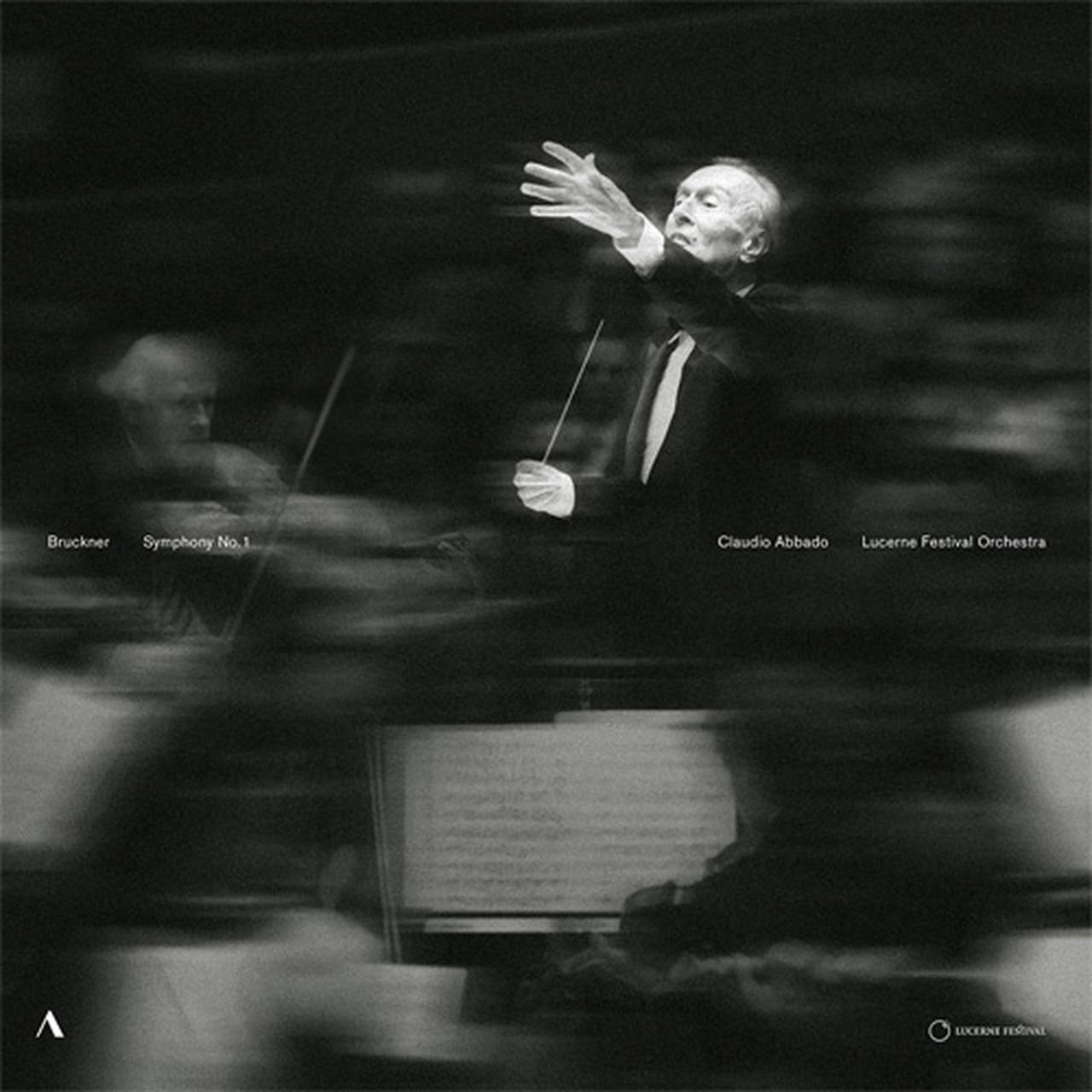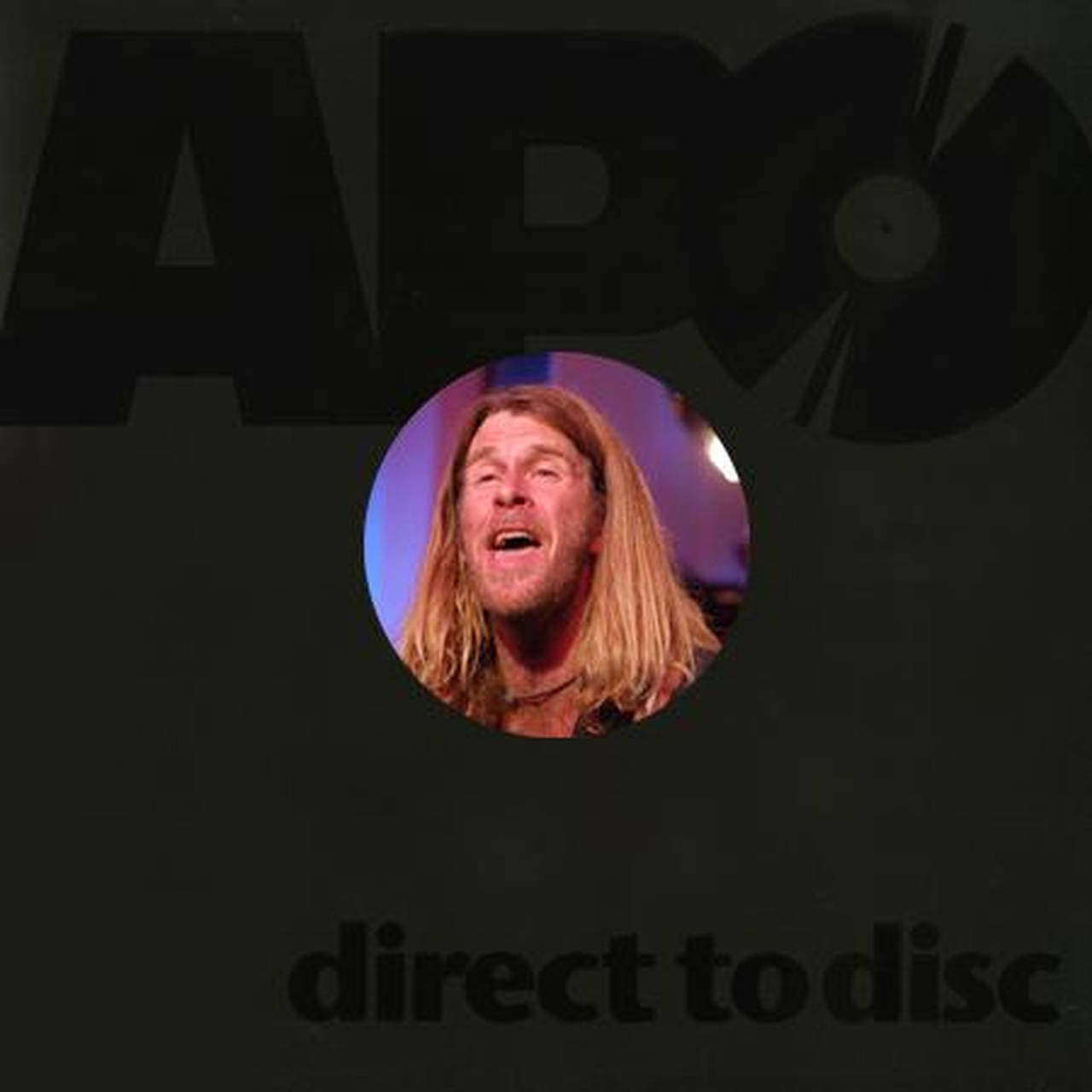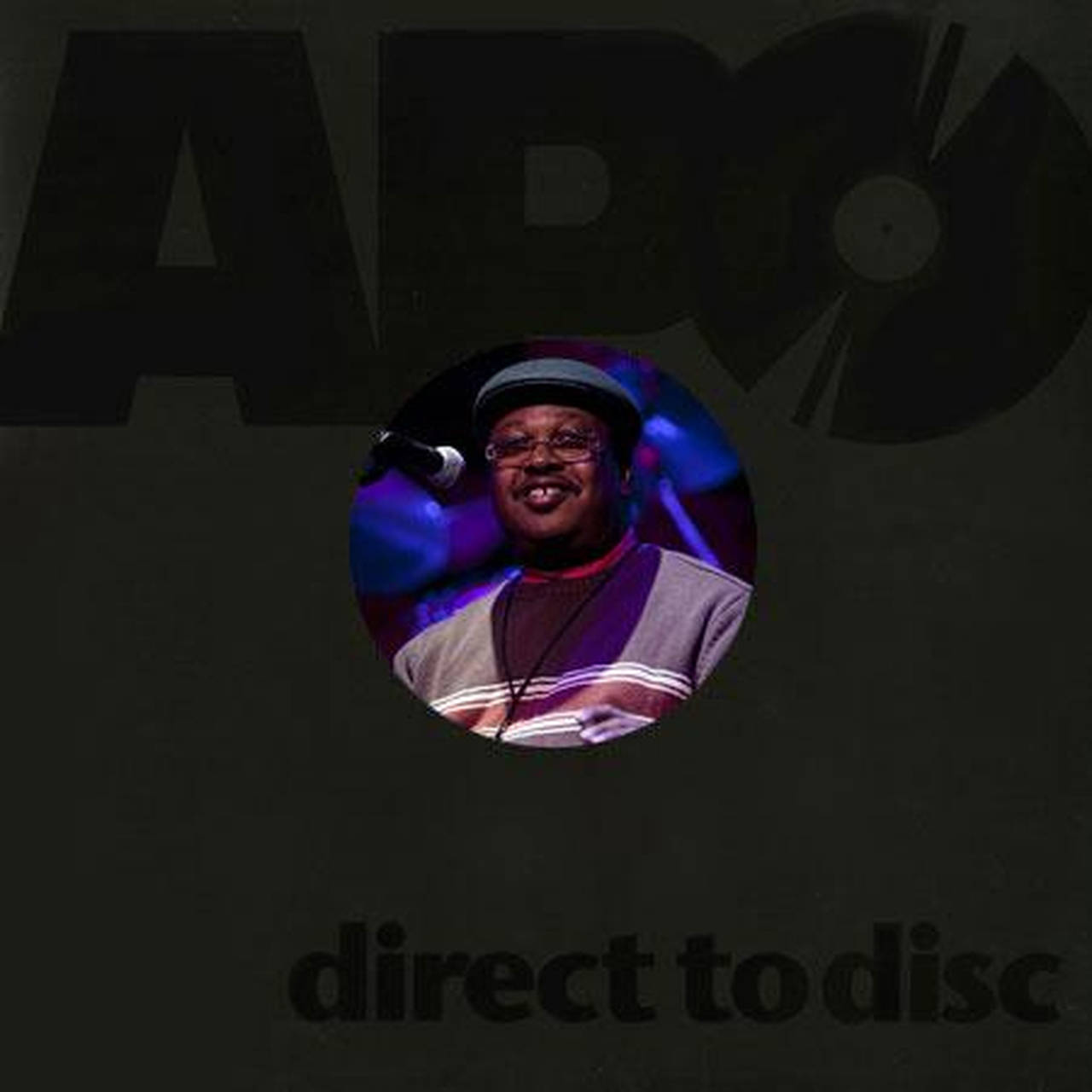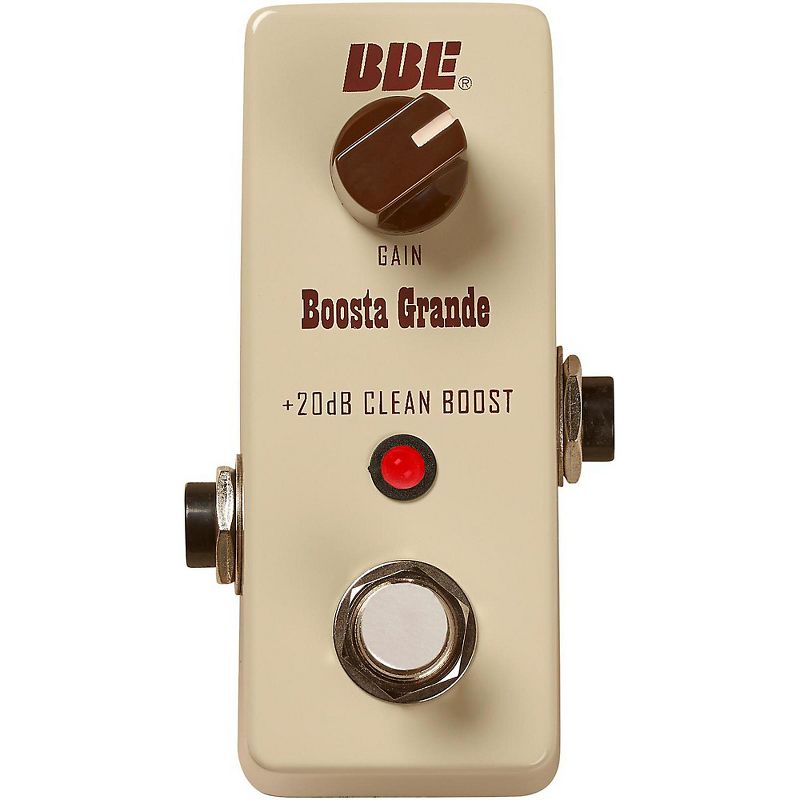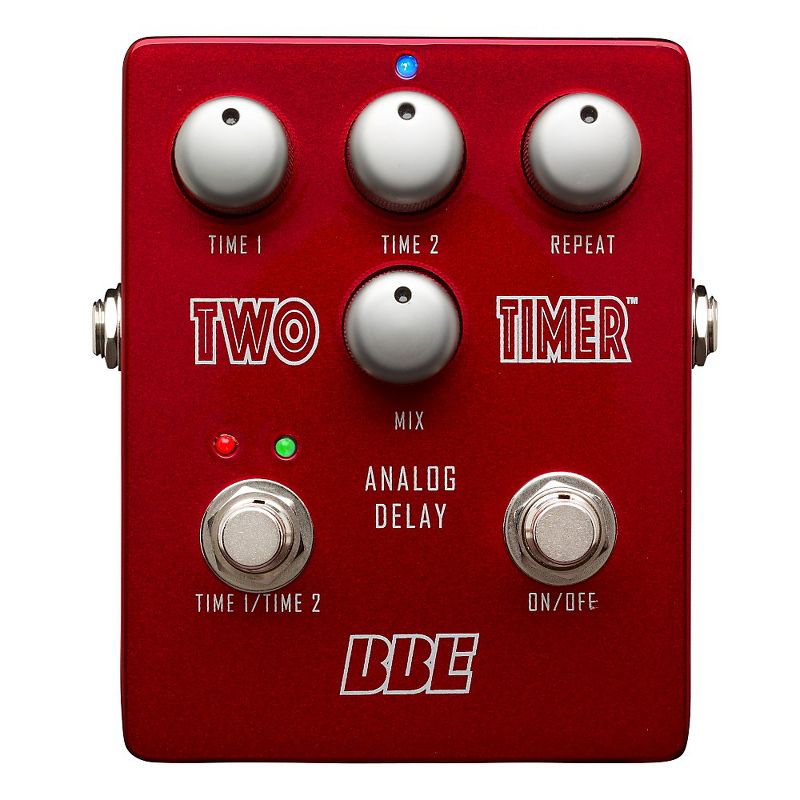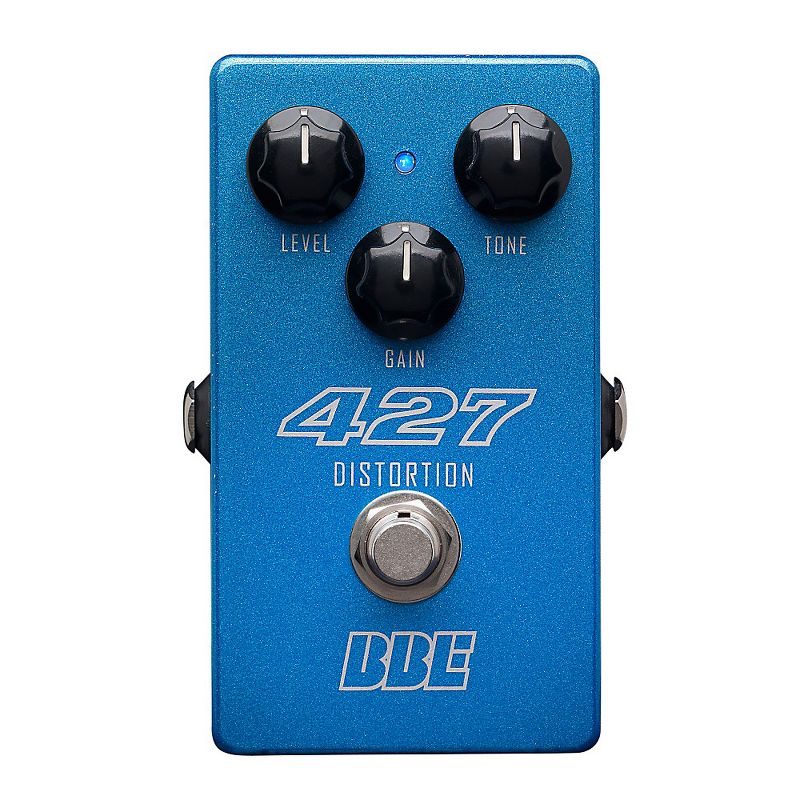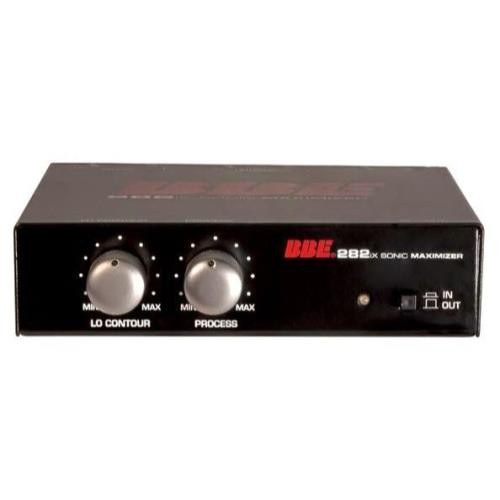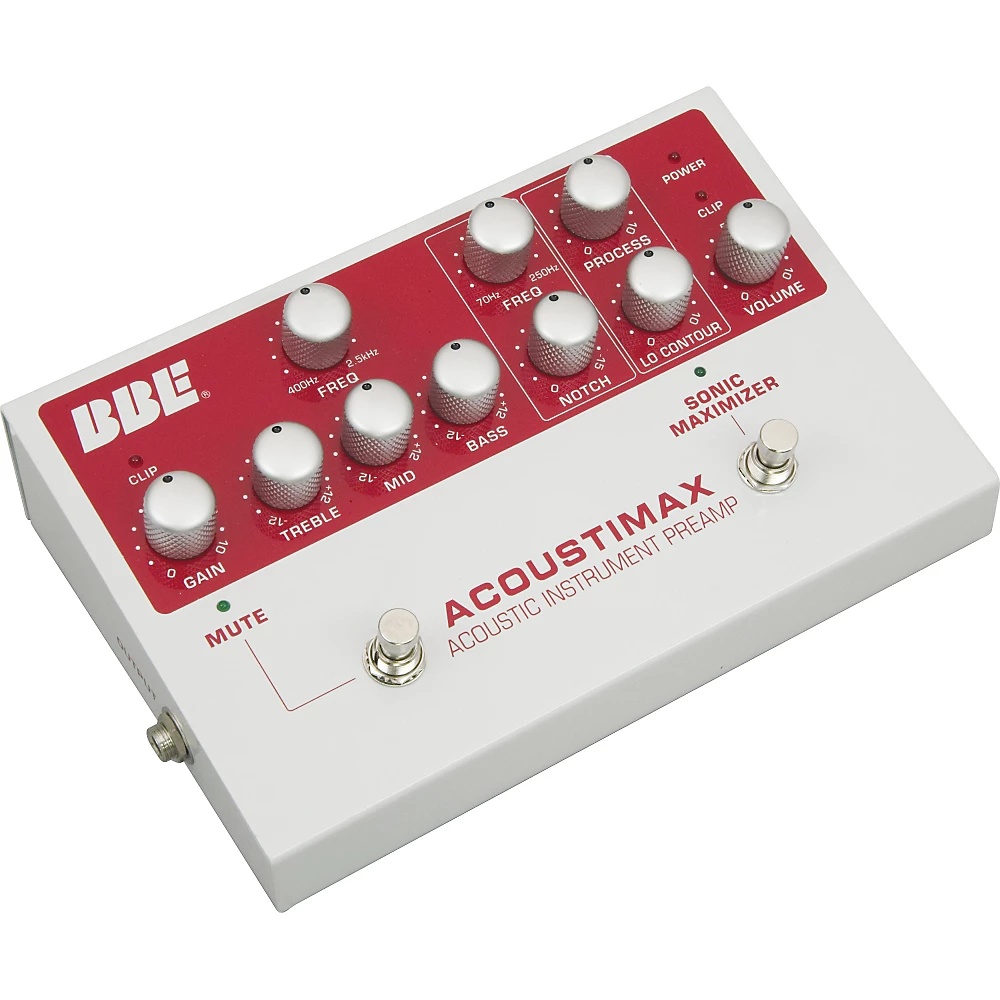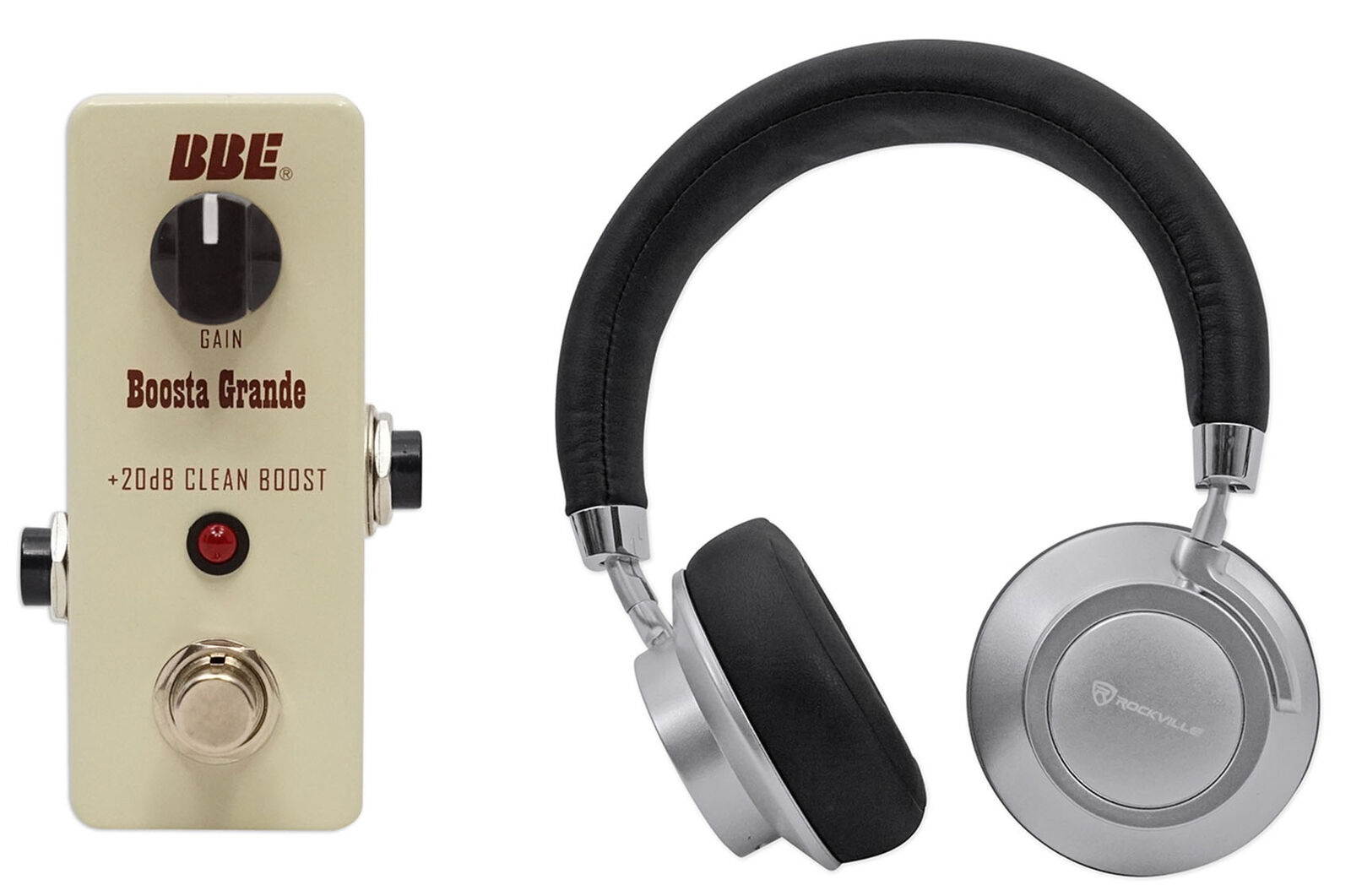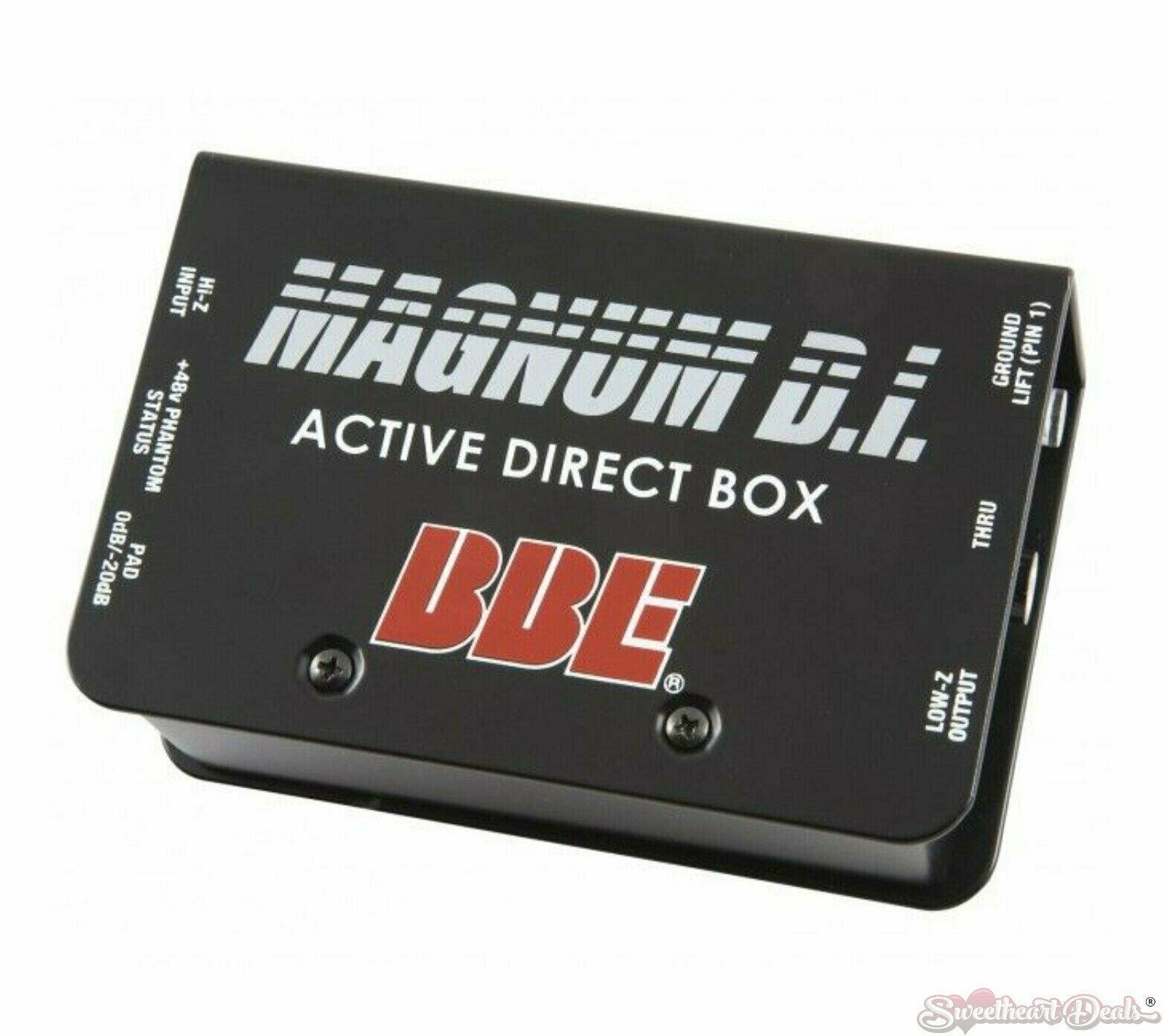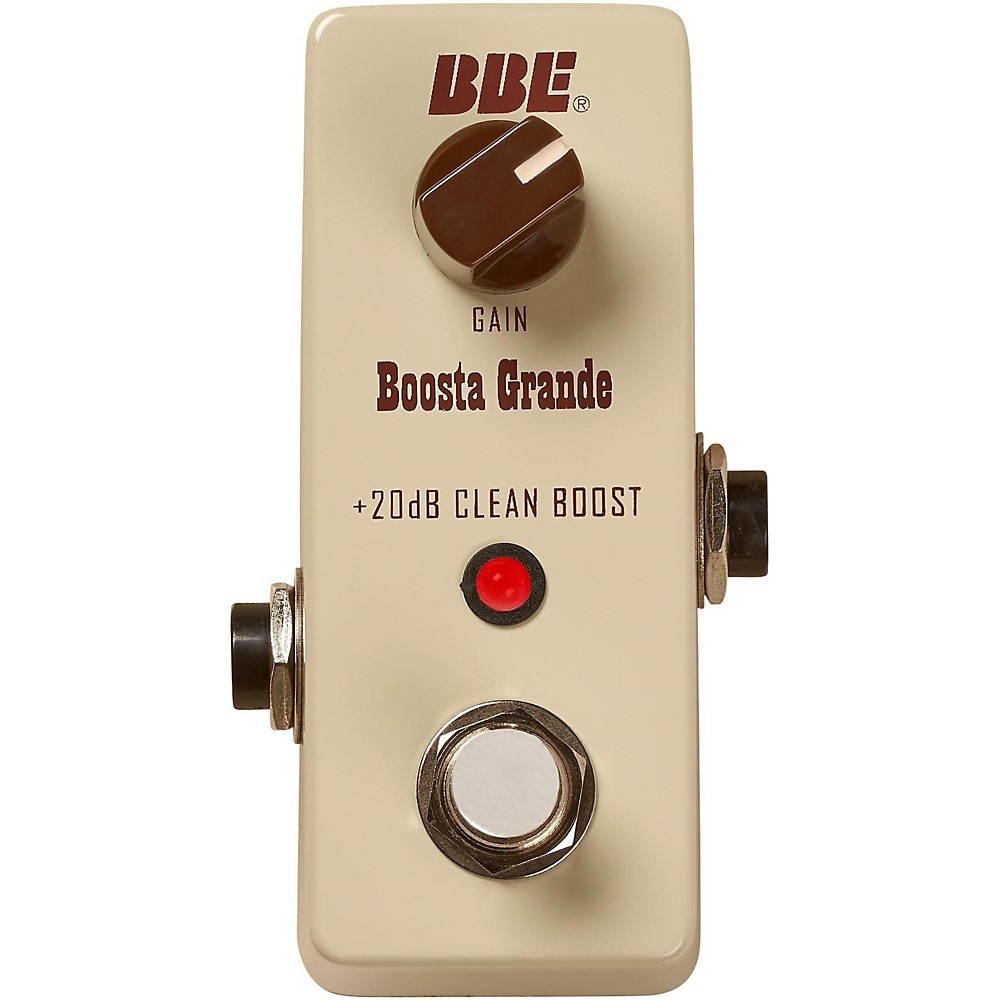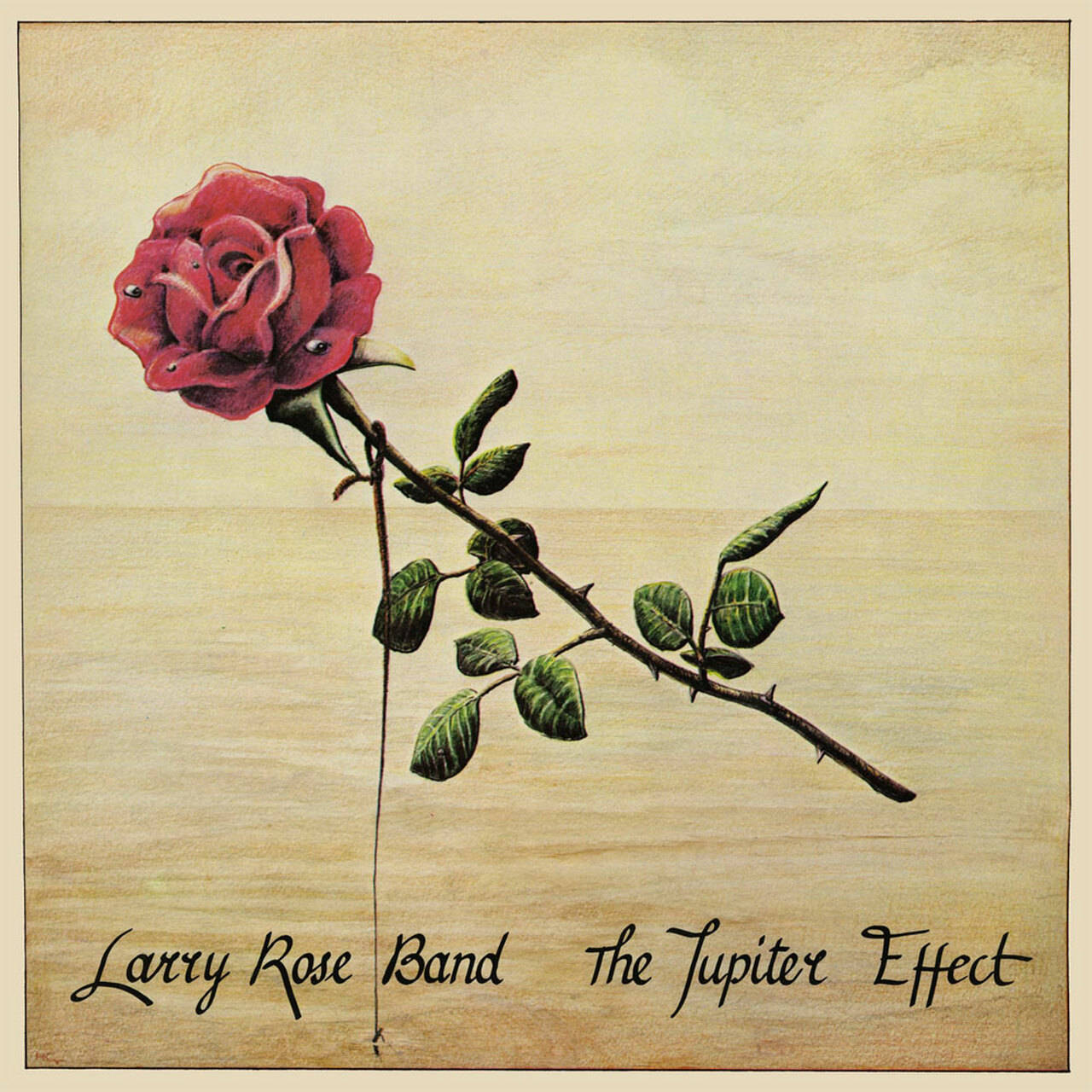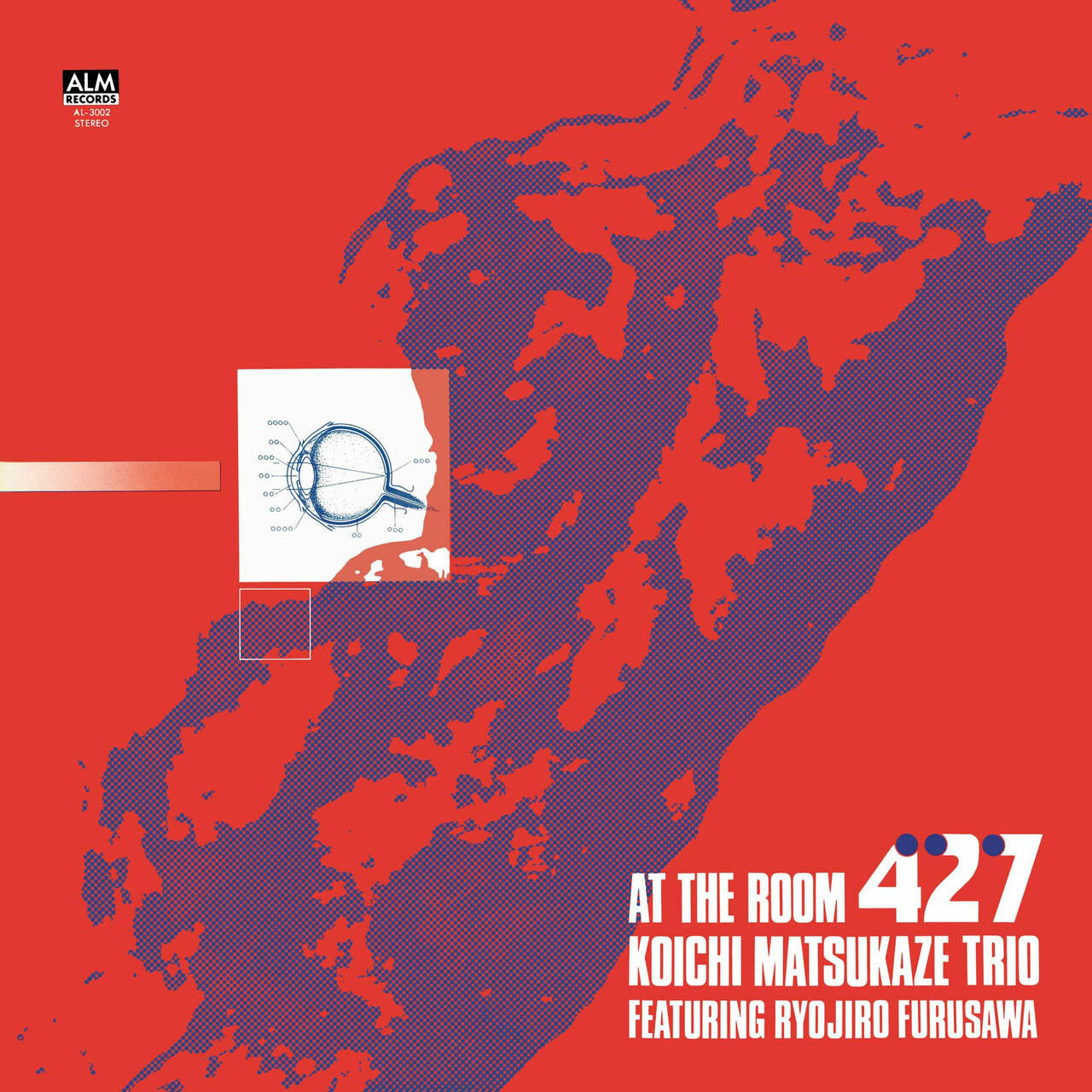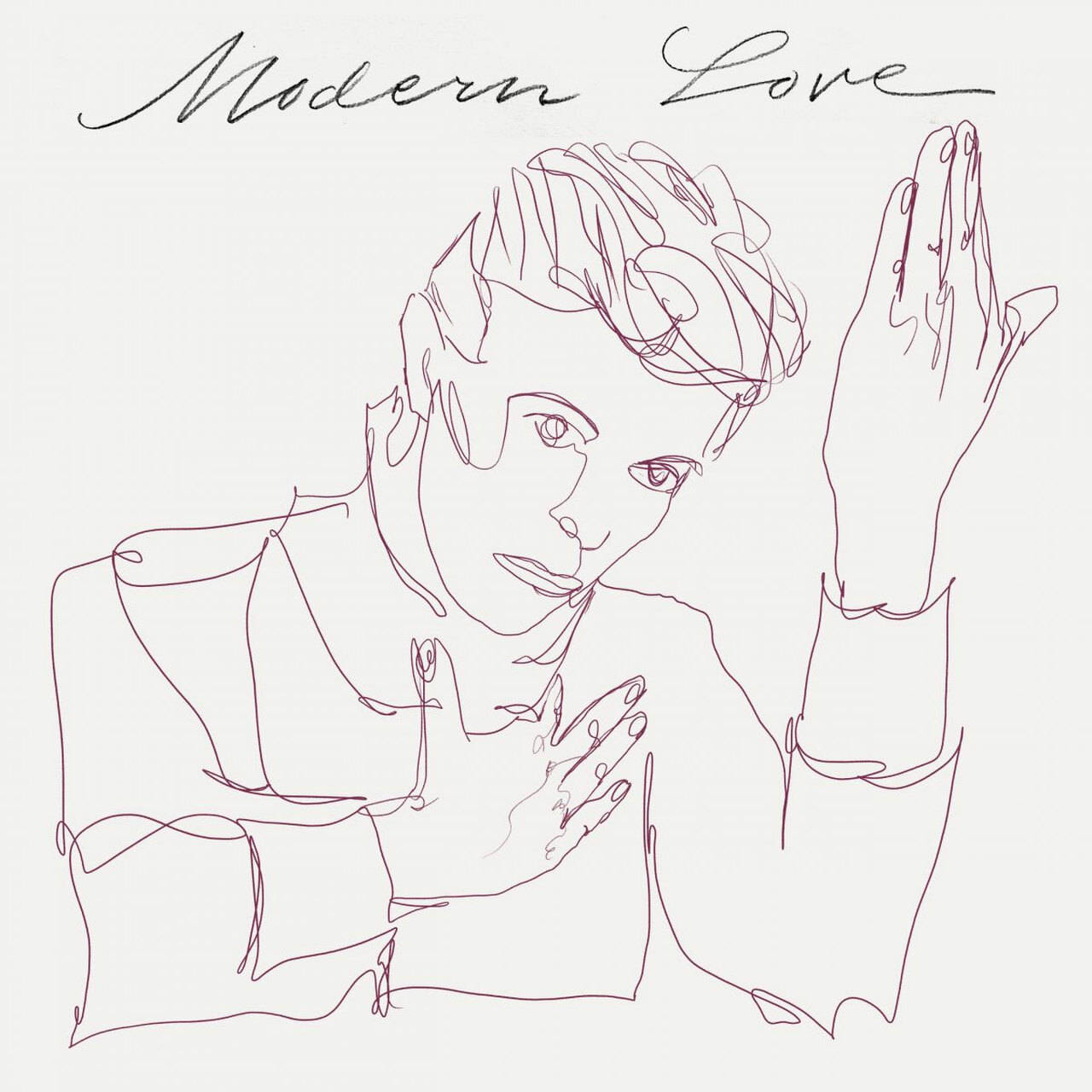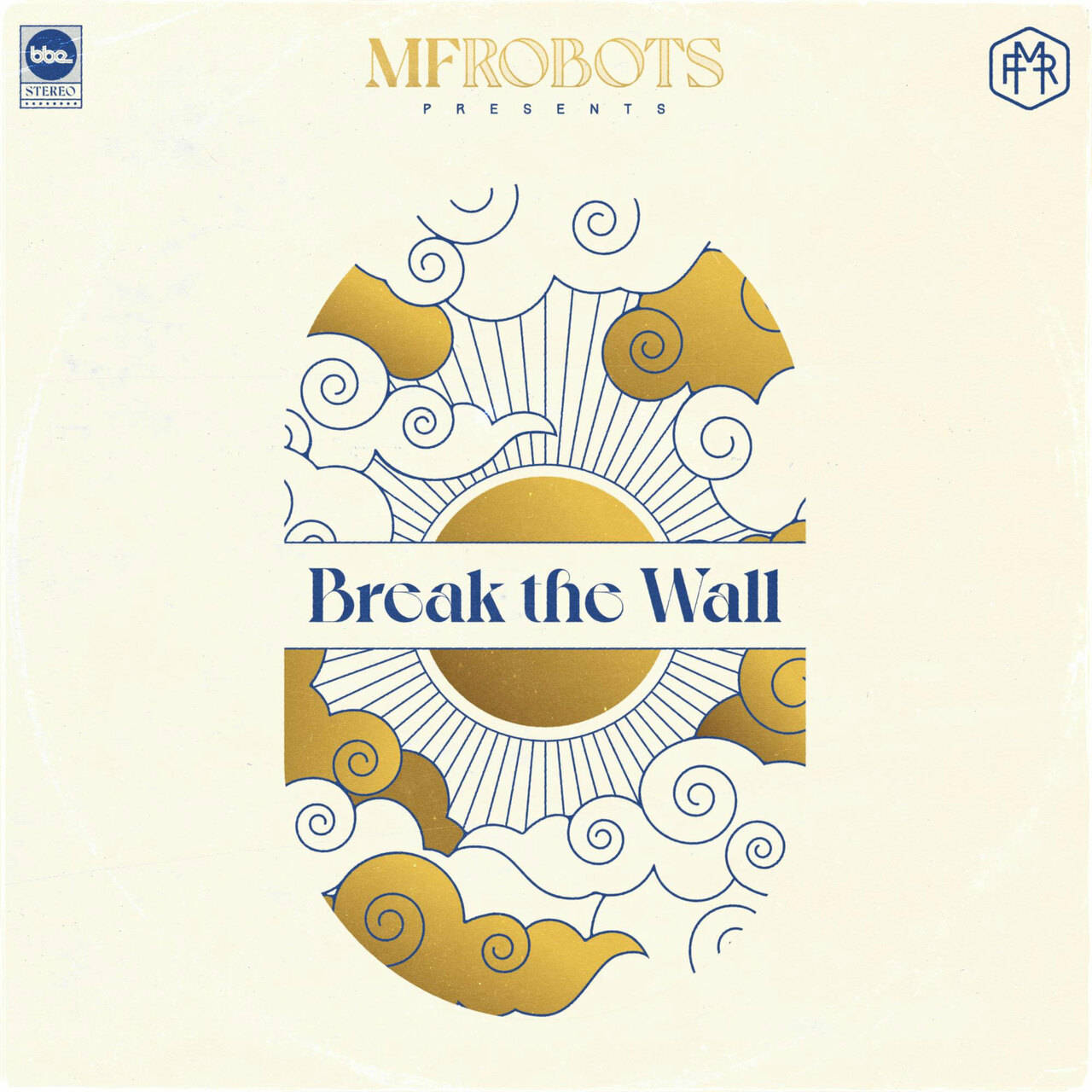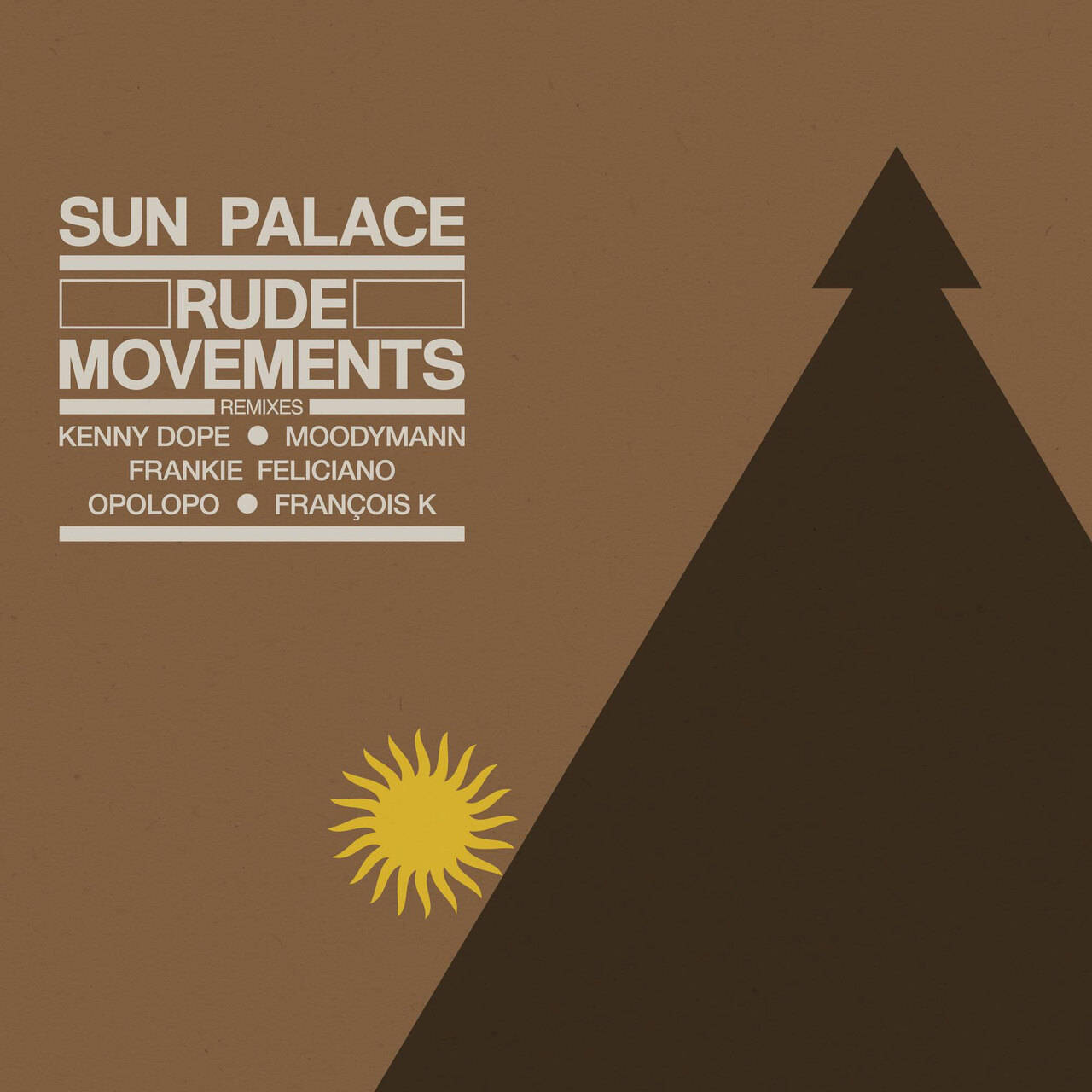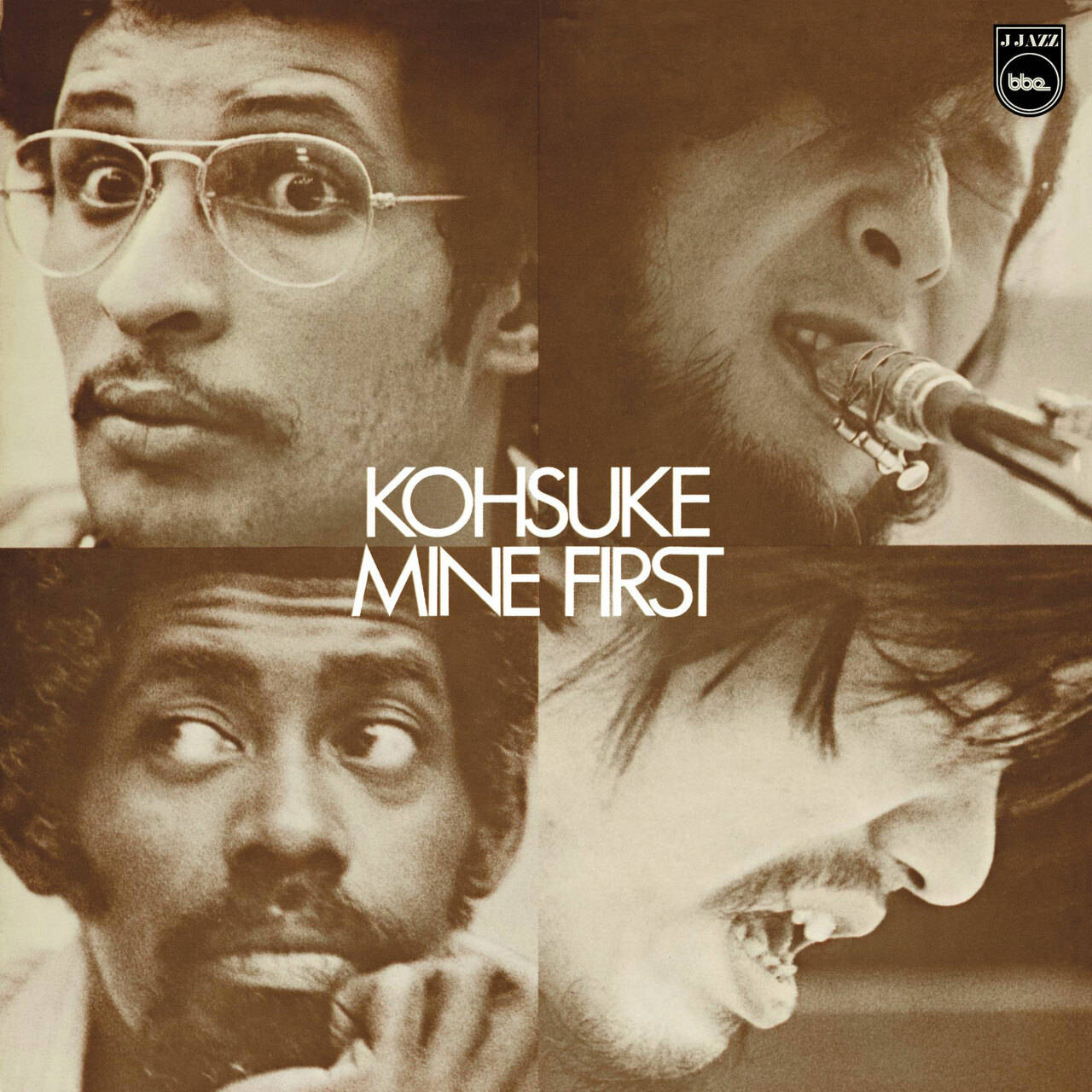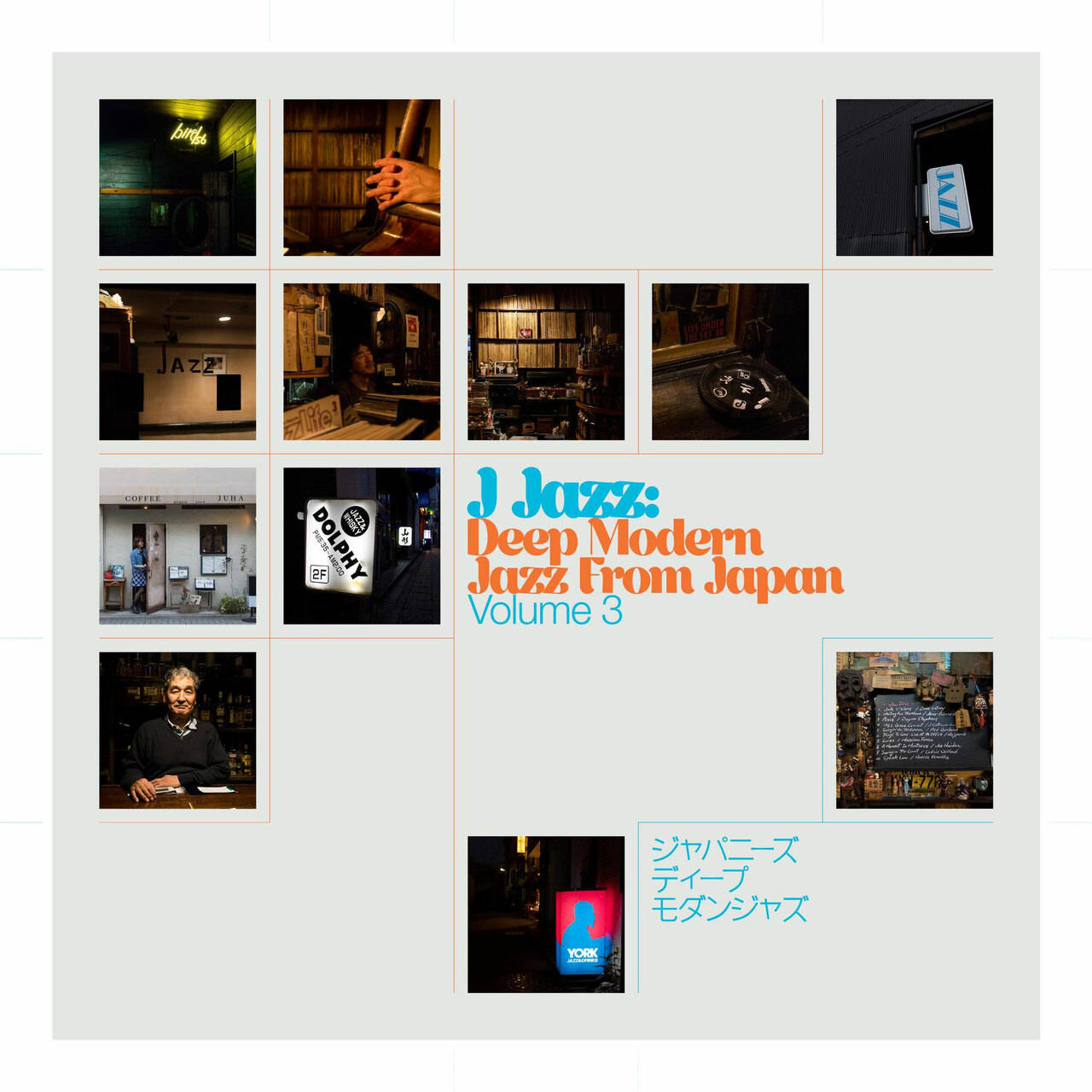Buy Billy Bang Lucky Man: Music From The Film 3LP (Vinyl) in United States - Cartnear.com
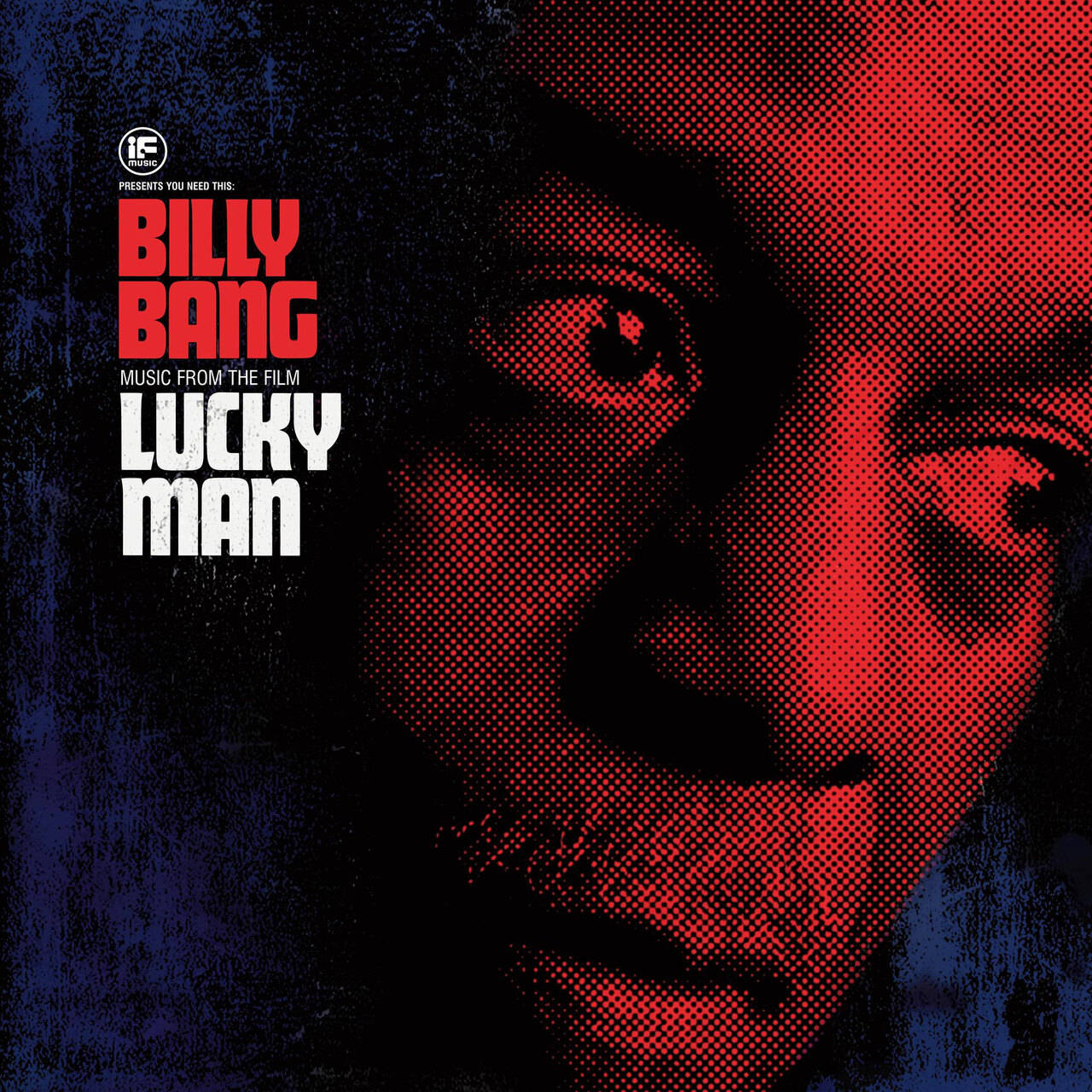
Billy Bang Lucky Man: Music From The Film 3LP (Vinyl)
CTNR1820955 CTNR1820955$ 51.83 $ 53.99 4% Off
*Product availability is subject to suppliers inventory
SHIPPING ALL OVER UNITED STATES
100% MONEY BACK GUARANTEE
EASY 30 DAYSRETURNS & REFUNDS
24/7 CUSTOMER SUPPORT
TRUSTED AND SAFE WEBSITE
100% SECURE CHECKOUT
| Genre | Jazz |
|---|---|
| Artist | Billy Bang |
Music From The Documentary Film On 3LP!
BBE Music presents Lucky Man, music from the eponymous documentary film charting jazz violinist and Vietnam veteran Billy Bang's brave return to the country, 40 years after the War.
The film Lucky Man by Jean-Marie Boulet & Markus Hansen follows Billy Bang as he returns to the battlefields of his past, this time with a violin in-hand instead of a rifle. The documentary follows Billy as he travels the length and breadth of Vietnam to collaborate with local musicians, discover the culture he never got to experience the first time around, and to try to find some closure for the haunting trauma that still lingers within.
The trip took place in 2008, three years before Billy Bang's passing and these never-before released field recordings, lovingly polished at The Carvery studio in London, capture the musician's many poignant musical encounters along the way. The journey took him from Ho Chi Minh City and the Mekong Delta, through to the highlands and the Banhar and Jorai gongs of the Montagnards, north across the 17th parallel, climaxing with "Mystery of the Mekong," his collaboration with the Hanoi Symphony Orchestra.
The album Lucky Man is composed of recordings captured throughout Billy Bang's travels in Vietnam, interspersed with his candid thoughts about music, art, war, and his return to the country. Tran Manh Tuan, the saxophonist featured on "Jungle Lullaby" is well known in Saigon, where he owns a club called Sax n'Art, in which the live collaboration was recorded. In the more rural Kon Tum province, The Banhar Gong Group of Kuntum perform one of their traditional pieces, over which Billy's off-the-cuff improvisation simply soars. The Phu Dong Family Band (a collective comprising an incredible 25 members of leader Duc Dau's family) appears on "New Saigon Phunk" and "Song for Don Cherry," recorded in their native Ho Chi Minh City. Duc Dau is also a collector of ancient traditional instruments, and he plays a primitive stone Lithophone called a Dan Da with Billy in an energetic and exciting live jam that feels more like a duel at points.
"Bang was a genuine original, whose radicalism of method was always balanced by a powerful lyrical sense, a driving inner beat and the earthiness of the blues." - The Guardian
Born in 1947, Billy Bang was only 18 years old when he was drafted and shipped out to Vietnam. He served only one tour of duty, but his traumatic experiences there would haunt him for the rest of his life. Small in stature, Bang became a "tunnel rat," searching for North Vietnamese soldiers in booby-trapped tunnels with only a flashlight and a .45 pistol. On his return to the USA, Billy felt lost, haunted and stateless. He fell into revolutionary politics, alcohol and drugs, and on a trip to a pawnshop to purchase guns, chose to pick up up a $25 violin instead.
Having played violin, drums and flute before the War, Billy Bang found music to be a perfect medium through which to channel his emotions and trauma, initially under the mentorship of early free-jazz exponent Leroy Jenkins. Bang soon became a fixture in New York's fertile "loft jazz" scene, and went on to perform with the Sun Ra Arkestra in the 1980s.
A prolific composer, recording artist and sideman, Billy Bang started to address his Vietnam memories more directly with his music on 2001's critically acclaimed album Vietnam, The Aftermath, which also featured fellow veteran Ted Daniel. The 2005 follow-up Vietnam: Reflections featured four American Vietnam war veterans and two Vietnamese musicians. This project, Lucky Man, completes Billy Bang's trilogy of Vietnam-themed works with a courageous solo voyage into the unknown; embarking on a new creative challenge while confronting a past he could never quite get over.
Features
- 3LP
- Gatefold jacket
- Made in Germany
Selections
Side A:
- Lucky Man: Introduction
- Billy Playing With The Banhar Gong Group Of Kuntum
- Lucky Man: Flashback Tunnel Reflections
- Mystery Of The Mekong by Billy Bang with the Hanoi Symphony Orchestra
Side B:
- Lucky Man: The Sun Rising - Introduction To Song For Don Cherry
- Song For Don Cherry by Billy Bang with Duc Dau and his Phu Dong Family Band, Ho Chi Minh City
Side C:
- Lucky Man: Flashback Memories
- New Saigon Phunk by Billy Bang with Duc Dau and his Phu Dong Family Band, Ho Chi Minh City
- Lucky Man: Traditional Vietnamese Catru Music by the Phu Dong Family Band
Side D:
- Lucky Man: Billy Reflecting On Memories And Feelings
- Jungle Lullaby - Billy Bang with Tran Manh Tuan on saxophone and his Sax N' Art Band Of Ho Chi Minh City
Side E:
- Lucky Man: Quynh Anh Pham's Memories About Her Father
- Dan Da Traditional Lithophone with Duc Dau of the Phu Dong Family Band Saigon and Billy Bang on violin
- Lucky Man: Billy Speaking About Music And Art
Side F:
- Lucky Man: Flashlight And A 45 Tunnel Memories
- Lucky Man Title Music: Vietnam 1967 Battle Composition
- Lucky Man: Teach Me Banhar
- Traditional Quan Ho, Cau River Singers and Billy Bang on violin
- Lucky Man: Billy Reflecting On America, Music And Being Left Alone
- Moments For The KIAMIA, Solo In A Hotel Interior Courtyard by Billy Bang
- Lucky Man: Quynh Anh Pham Lullaby

